Since its creation in 2017, The Good Goods has established itself as a unique media and creative studio, dedicated to transforming the fashion, textile, and luxury industries.
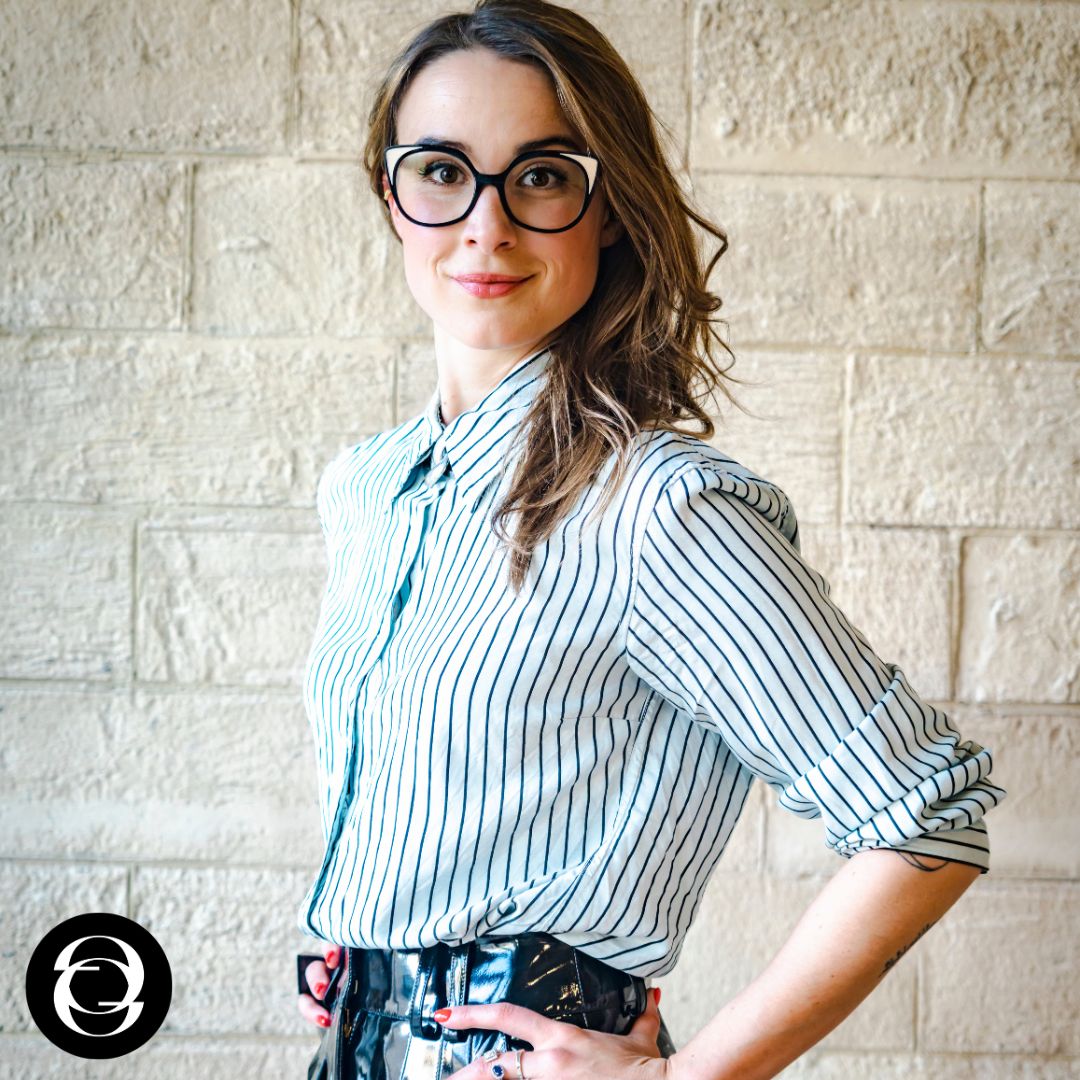
Since its inception in 2019, La Mode Européenne (LME) has stood out for its innovative and transformative approach to the fashion industry. By creating solidarity shops in Congo-Brazzaville and Cape Verde, stocked through donation boxes for clothing and accessories circulated in France and Europe, La Mode Européenne is committed to social and professional reintegration and creating local employment.
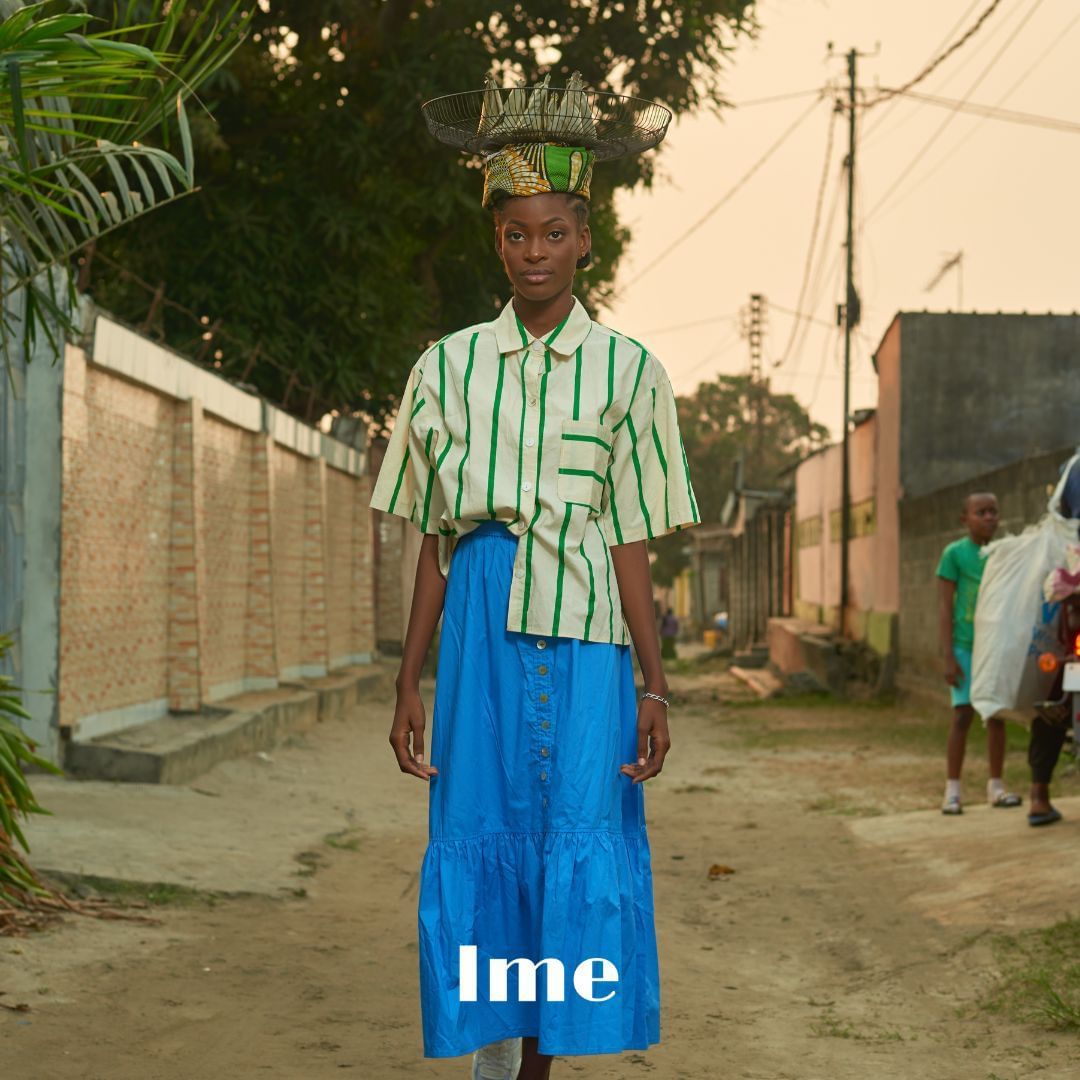
By combating textile waste, LME works to revalue dormant stocks of industry players. In an inspiring exchange with Baptiste Lingoungou, the founder of the association, we explored the motivations, initiatives, and challenges of this unique project that combines fashion, creativity, and philanthropic dynamics.
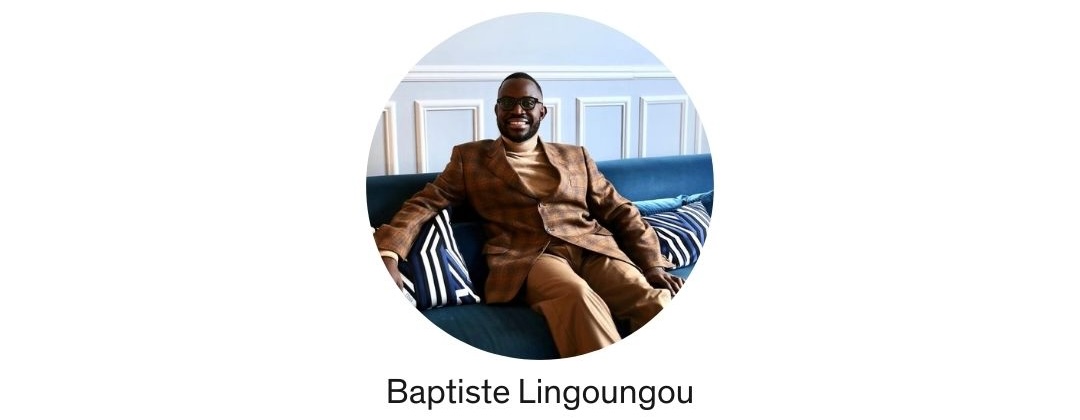
Originally from Congo-Brazzaville, Baptiste has always been passionate about fashion, the culture of clothing, and elegance, all deeply rooted elements in Congolese tradition. "The philosophy of beauty through clothing can create opportunities for everyone, allowing all to present themselves at their best," he emphasises. Between 2015 and 2019, Baptiste ran a creative agency in Paris, connecting young French designers to sell and showcase their collections through pop-up stores. This experience led him to consider a more global approach to brand support, gradually including communication, sales, production, and international development assistance.
The idea for La Mode Européenne was born from the suitcases of gifts and clothes that Baptiste and his parents brought back to their family in Congo-Brazzaville. "How can clothing change lives?" he wondered. The answer was to create spaces for circular and community economies. Donation boxes and solidarity shops offer simple and transparent solutions for companies to valorise their unsold (and dormant) stocks while developing a philanthropic concept and transformative actions. Baptiste insists, "This project is also about offering the chance for a sustainable and promising future to the most disadvantaged populations in Africa."

In 2021, Baptiste was invited for the first time to the IMPACT exhibition alongside Who's Next. This marked the beginning of a first collaboration with the sustainable brand NOYOCO, highlighted by a photographic campaign project, captured in Aubervilliers (Paris) with homeless individuals dressed in previously collected pieces. A partnership that enabled La Mode Européenne to receive even more donations for its solidarity shops. "We have evolved from a competitive to a cooperative posture within the industry," says Baptiste.
He continues about the opportunities of this alliance for his association: "IMPACT and Who's Next have allowed LME to expand its visibility and engage in collaborations with over 100 European brands in solidarity projects."
Baptiste adds, "There is a real need for communication between brands and associations like mine, and WSN acts as a real unifier for these dynamics. IMPACT perfectly illustrates the combination of eco-responsible and sustainable values and initiatives that drive each actor of this exhibition and this space more specifically."
La Mode Européenne stands in opposition to a reality where Africa has become an "open-air landfill" for creative industries. The association operates among the most vulnerable African populations while promoting environmental protection on the continent. Baptiste states, "Our project pays great attention to sustainability-related issues. Our donations are sorted in Parisian warehouses and distributed according to local specific needs. 80% of the items are in brand new conditions while 20% are high-quality second-hand products. Unsellable items are then revalued through recycling or partners specialising in upcycling, for example."
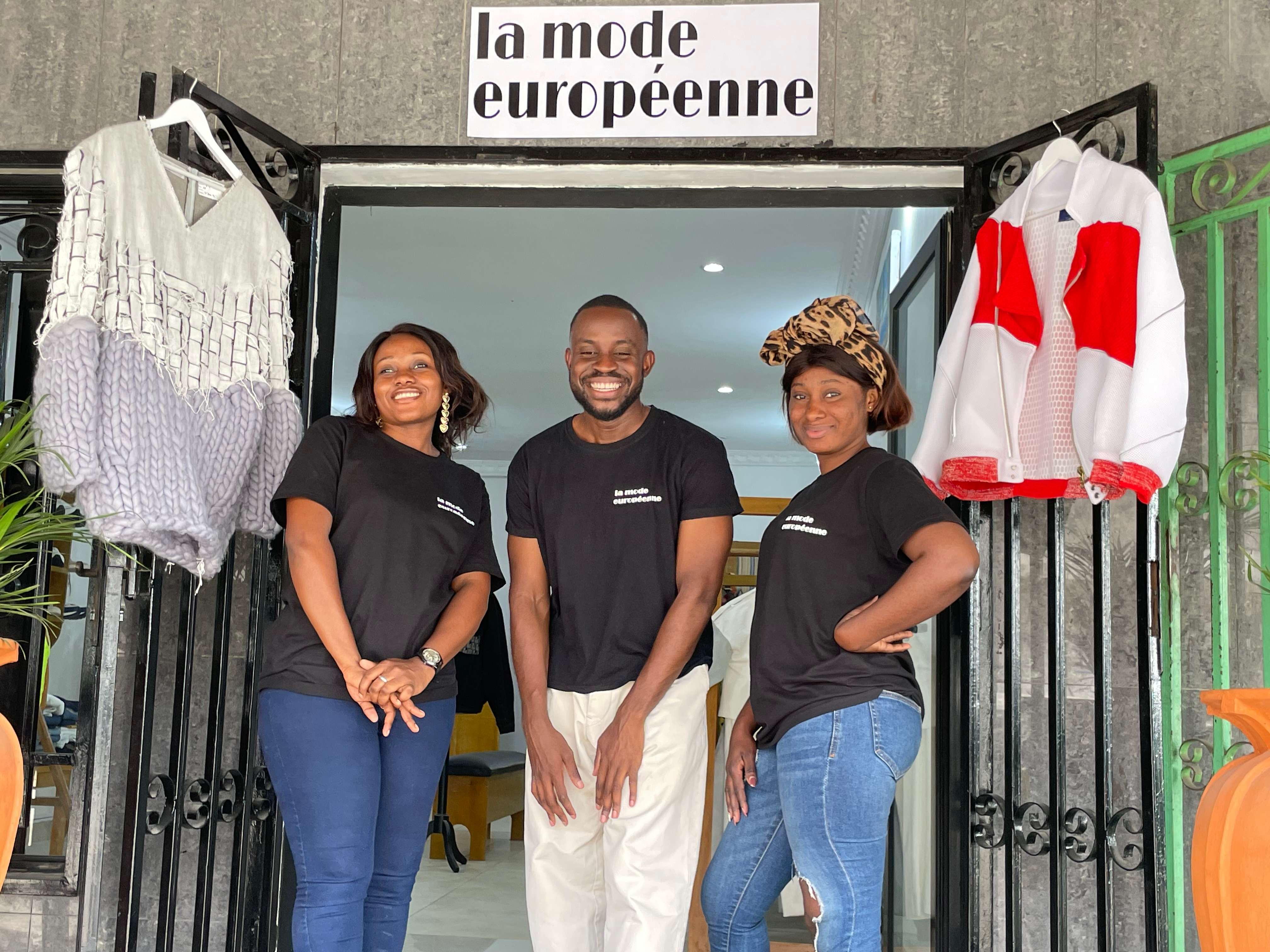
In equal spirits, LME ensures total transparency in its value chain. Donating companies can visit their warehouses and various structures, and products are regularly posted on the association's social networks. "Our adventures are continuously filmed from Europe to Africa," he adds, "to guarantee each partner’s global visibility."
The initiatives of La Mode Européenne offer several benefits to donor companies, including tax reductions of up to 60% of the net book value of donations (CERFA certificate issued on-fairs directly). Brands also benefit from "sustainability" content for their communication and can observe and attest to the results of their commitments through their Blockchain. "Brands must be able to realise the concrete impact of their commitments, and our project is also built around these issues."
The association's philosophy, "Do small things with greatness," Baptiste insists with inspiration. LME also targets youth and raises awareness about ecological responsibility issues. "We hope to educate young minds by encouraging them to become protagonists of a more sustainable future, their future," he asserts.
As the next edition of IMPACT and Who's Next approaches, the stakes and challenges of La Mode Européenne take on a new dimension. Baptiste fights to open the doors of his initiatives internationally while continuing to create and support cultural bridges between France and Africa. He details: "The goal is also to highlight the African creative landscape while creating cultural harmony between the two continents through the unifying nature of fashion."
Baptiste materialises and reinforces his vision through numerous collaborations: "Our recent partnership with the shoe brand PANAFRICA (exhibiting at our show) perfectly illustrates this aspect of our project."
For this show, La Mode Européenne will organise talks and an ‘Upcycling’ workshop in collaboration with HELÊ PARIS. Visitors will be able to participate in workshops akin to "solidar cafes," transforming unused items into trendy upcycled clothing.
LME is also expanding its horizons in Africa and announces the upcoming opening of a new solidarity shop in Cameroon in 2025, following the success of its shop opened in Cape Verde and initiated by Louise Jambon. Baptiste also strengthens his cultural commitment by participating in the television series project "MASOLO", which will bring together key players in the African creative industries.
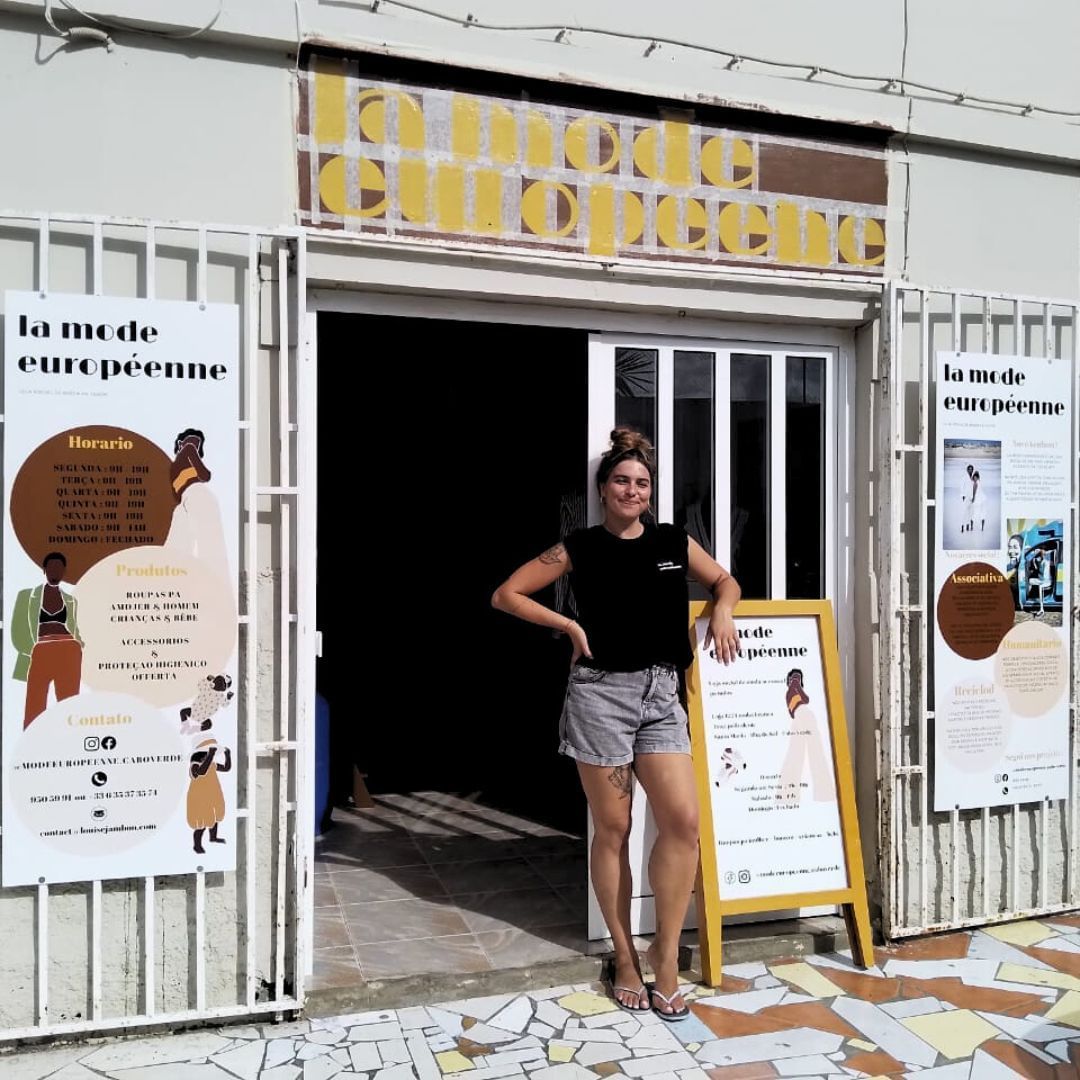
"Giving a second life to a garment is giving a second life to a person on the continent, a second chance," Baptiste insists passionately. Beyond a philanthropic initiative, La Mode Européenne's project is also about "reconciling Africa and Europe by creating strong and collaborative links between each culture." A message of hope and progress that WSN shares and supports through our events and partnerships.
La Mode Européenne and its donation boxes count on your commitment and invite you to join us from the 8th to the 10th of September on IMPACT alongside Who's Next at Porte-de-Versailles.

Since its creation in 2017, The Good Goods has established itself as a unique media and creative studio, dedicated to transforming the fashion, textile, and luxury industries.
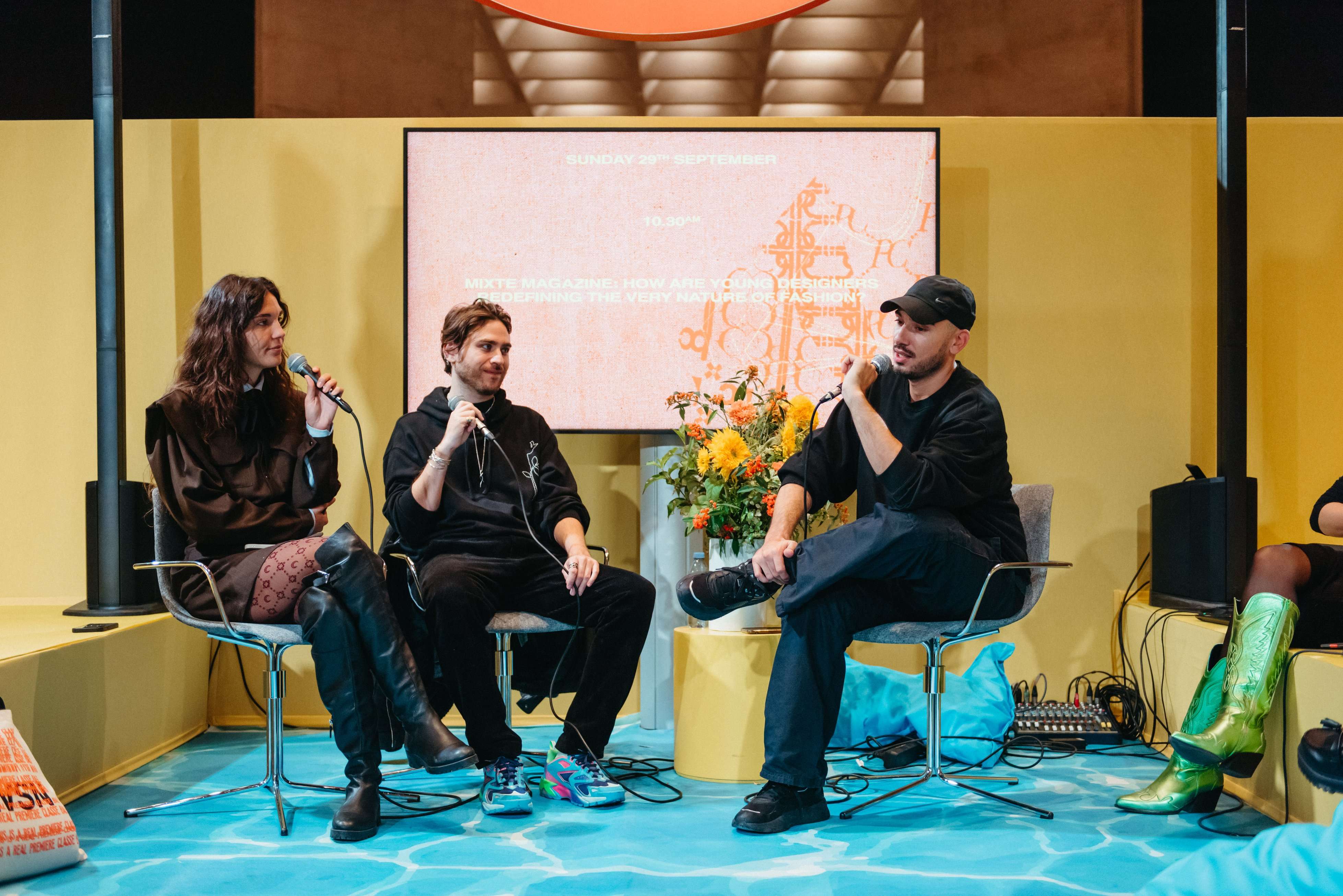
In the vibrant setting of the Beyond the Noise space at Premiere Classe, a talk hosted by Mixte Magazine captivated the audience with an audacious theme: how the new generation of designers is reshaping fashion by reconnecting with nature and craftsmanship.
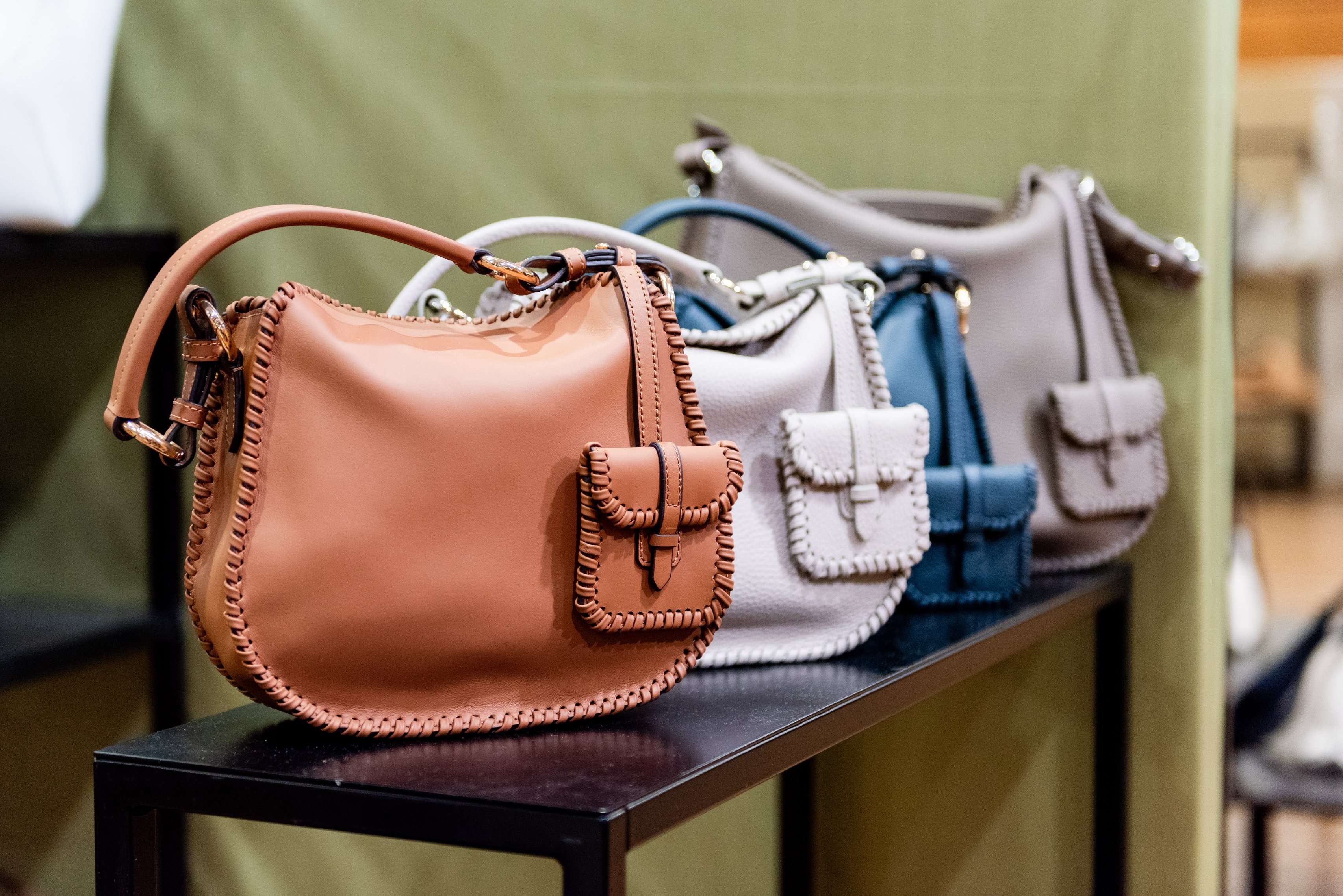
Founded by sisters Fazla and Eda Topbaş, Vuqu is a Turkish leather goods house based in Istanbul that skillfully combines elegance and functionality.
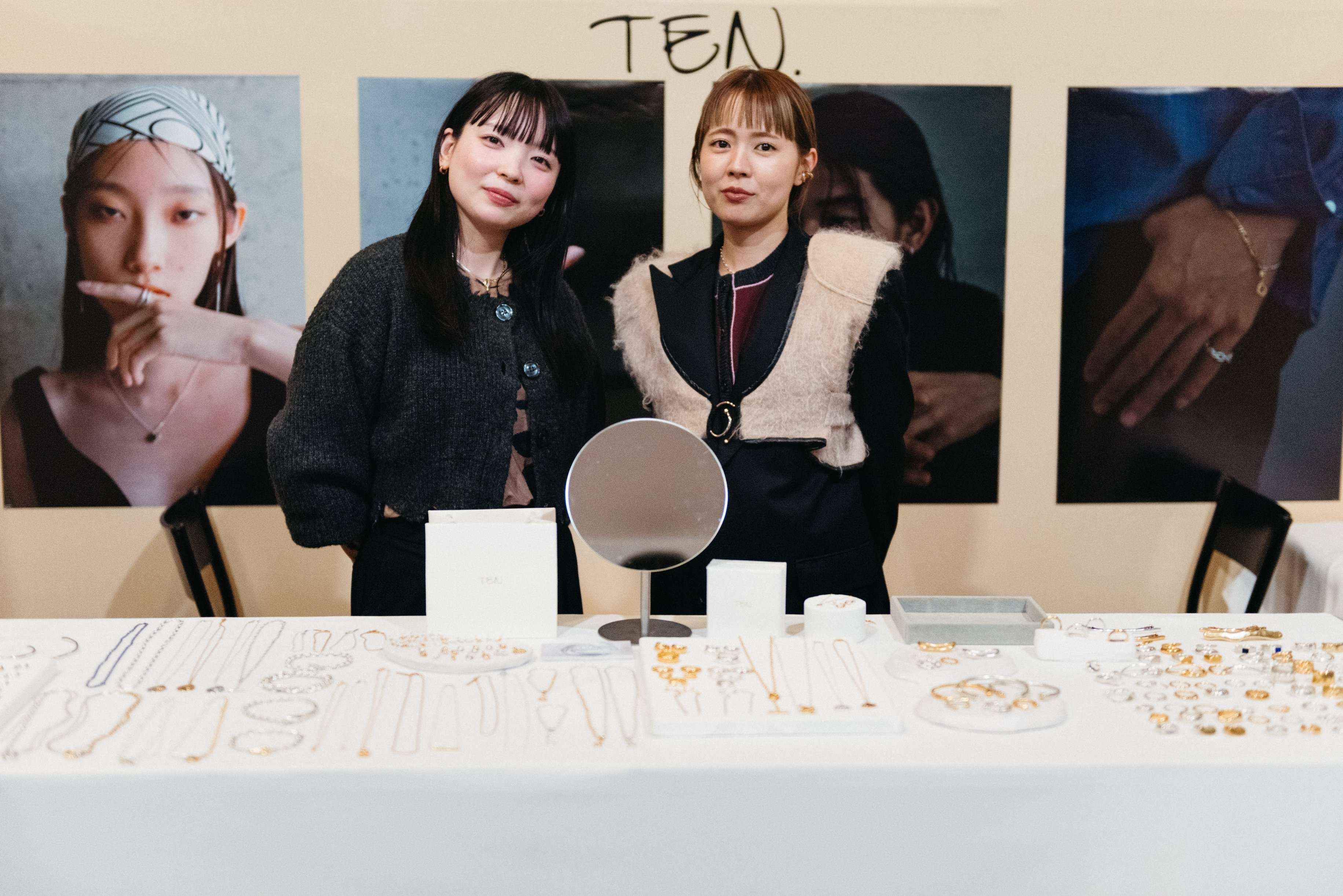
Founded by Japanese designer Akane Horikami, Ten. has become a go-to brand for those seeking a blend of nature, minimalism, and contemporary elegance. At this fifth participation in Premiere Classe, Ten. continued to captivate with a collection exploring fluid lines while introducing more geometric elements.
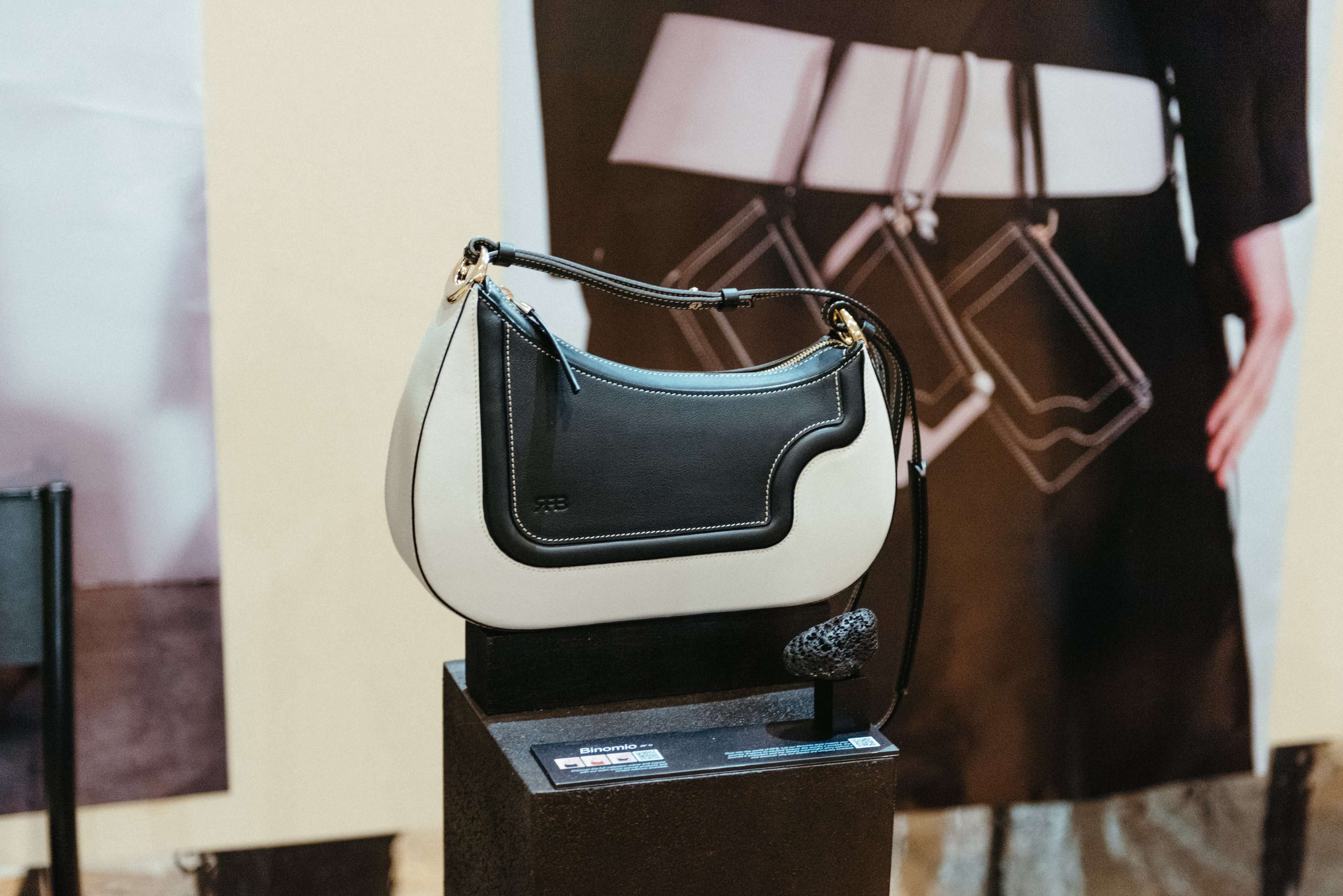
At her debut showing at Premiere Classe, Raquel Figueroa Borque, founder of the leather goods brand RFB, shared her journey, inspirations, and vision for a sustainable, timeless, and meaningful approach to fashion.
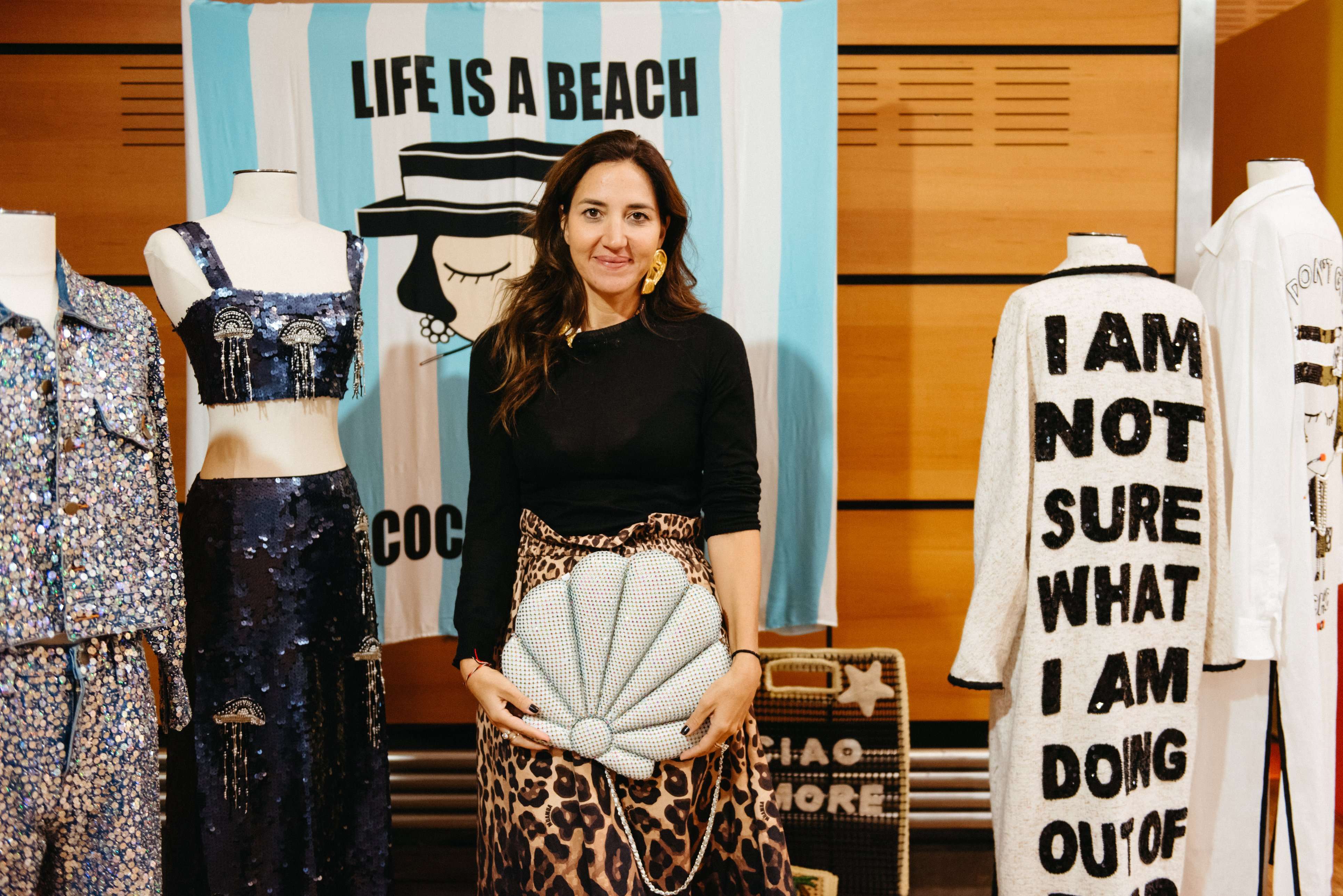
Founded by Ludovica Virga, House of Mua Mua stands out with its playful, humour-filled approach to fashion. At this September’s edition of Premiere Classe, Ludovica presented her new collection, Happiness is a Summer in Italy, inspired by her summer holiday memories. This collection brilliantly reflects the brand’s DNA, combining light-heartedness, humour, and meticulous craftsmanship.
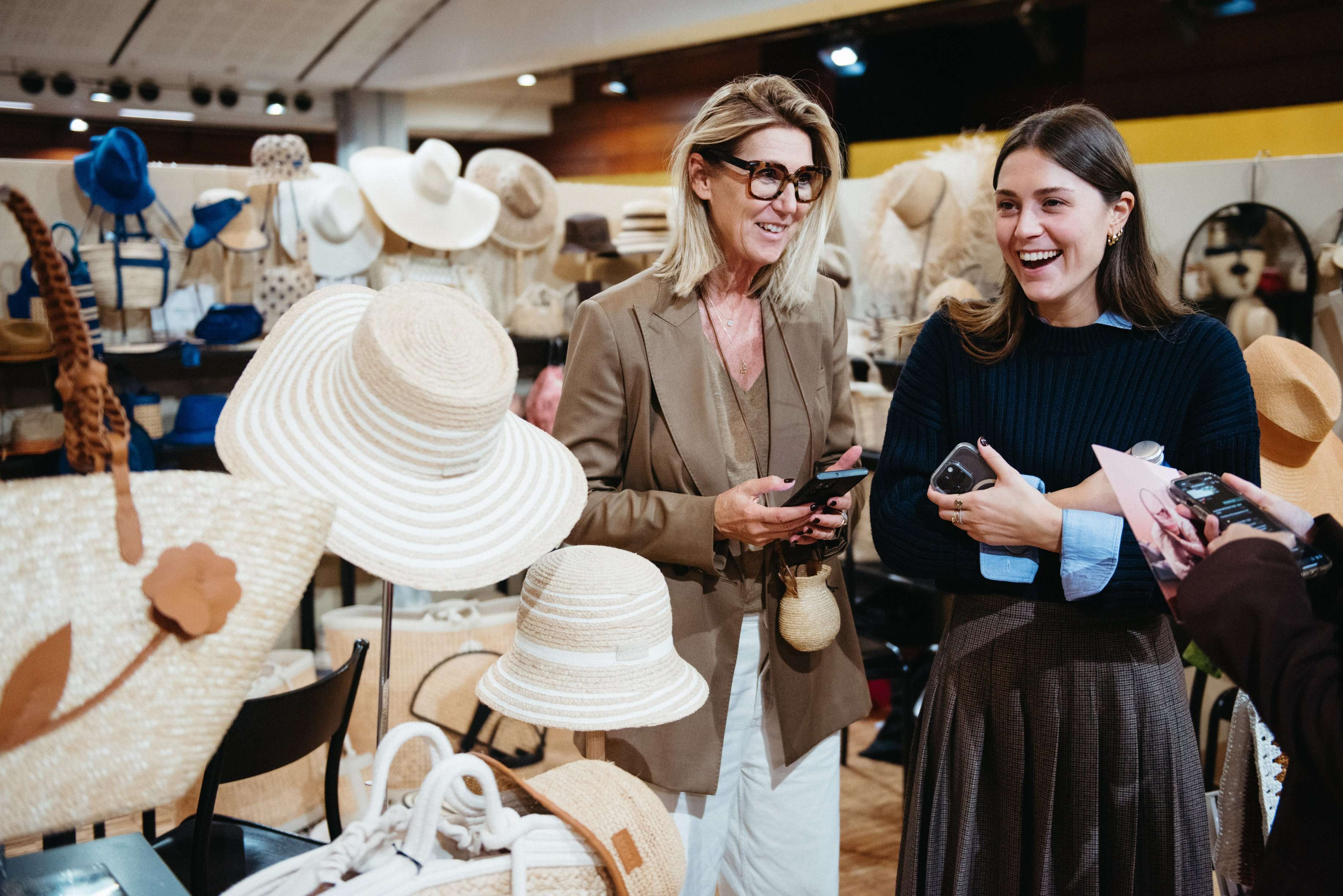
The hat and accessories house Catarzi 1910, led by the Nistri couple as co-directors and designers, represents far more than a family business. It embodies a century of artisanal traditions, creativity, and innovation carried across generations.

Amambaih, founded by Mariela Schwartz Montielle, represents a unique fusion of art, culture, and humanity. Originally from Paraguay, Mariella draws on her multicultural roots to realise a creative vision that goes far beyond simply crafting artisanal shoes and bags.

As the western aesthetic captivates designers, brands, and consumers, one French brand is riding the wave: Soco. Created in 1932, this “sleeping beauty” brand was revived three years ago, following a brief closure, thanks to the efforts of two passionate sisters-in-law who share the same first name. So the story of Soco is continuing under the stewardship of the “Maries Mignon.”
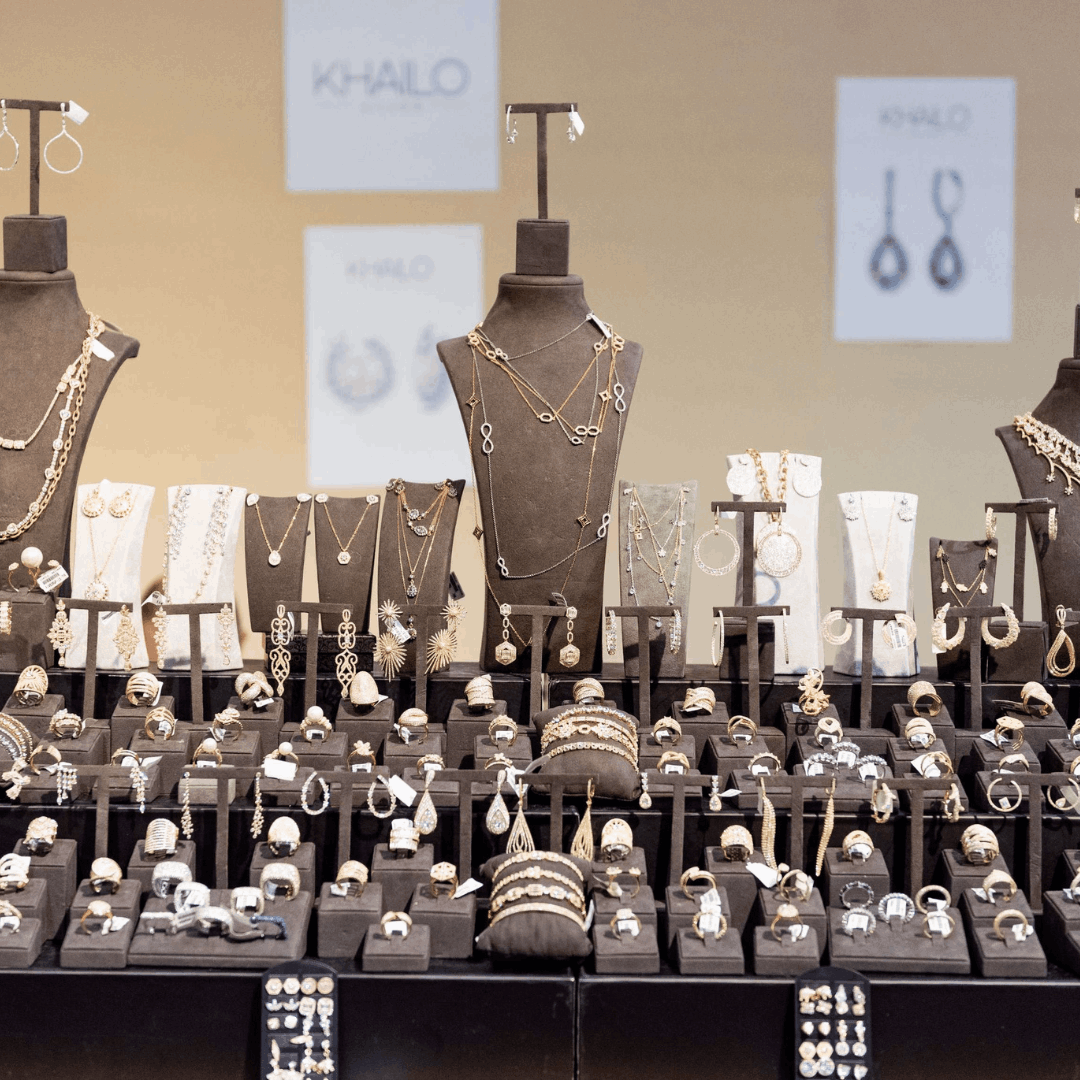
The Turkish brand Khailo Silver has been offering modern and elegant jewellery for over ten years. With meticulous finishes inspired by fine and high jewellery, their premium designs, often adorned with Swarovski crystals or other precious and semi-precious stones, have made them internationally renowned.

Founded in 2015 by the Italian duo Michelangelo Brancato and Francilla Ronchi, Coreterno is a niche perfume brand whose name means “eternal heart” in Italian, and the brand creates unique candles imbued with esotericism. Their style is a blend of rock, almost punk aesthetics, and a mystical aura, forming an invisible bridge between the ancient and the modern.
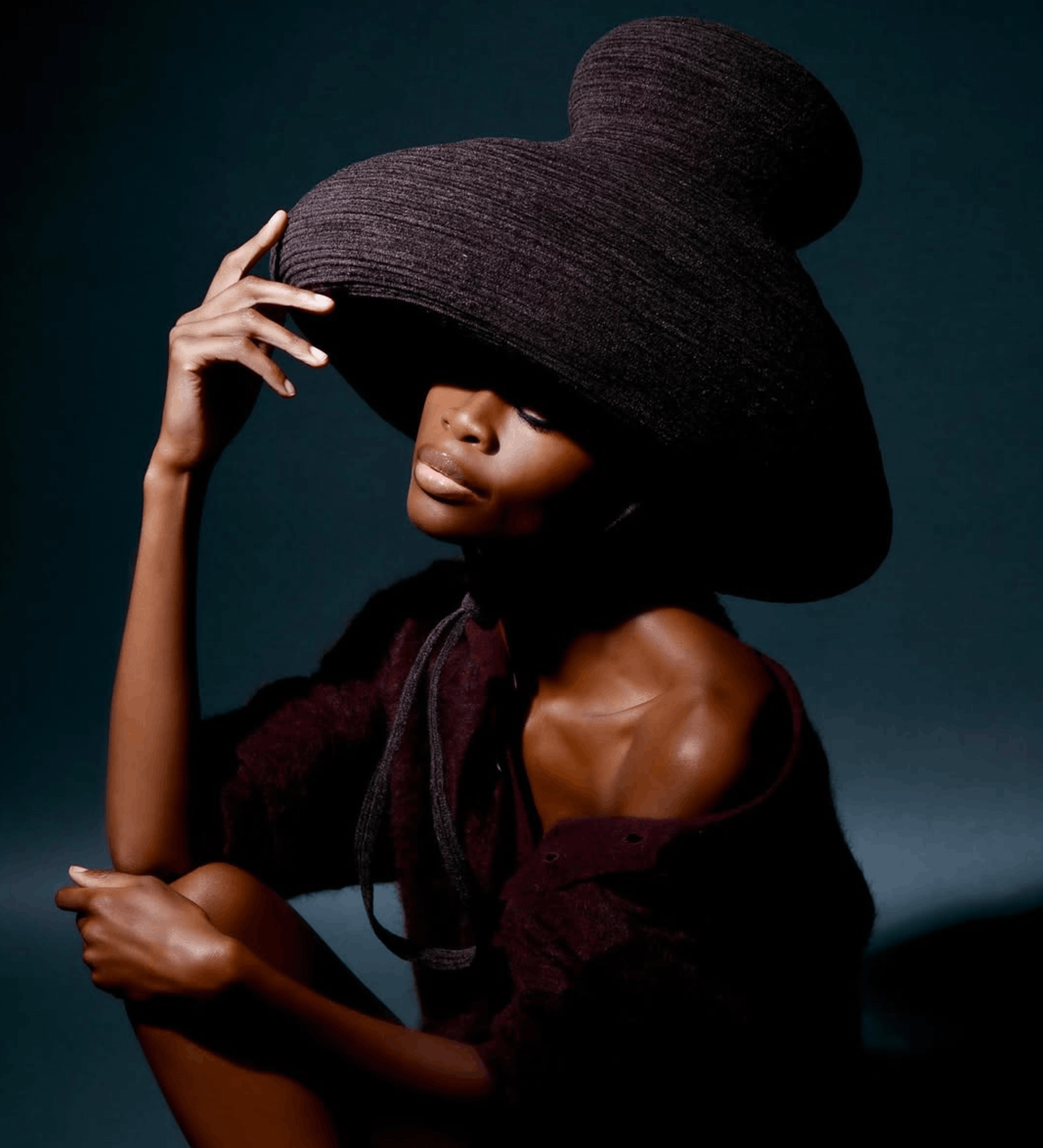
Based in New York City, the hat brand Esenshel, founded and led by Rodney Patterson, embodies a unique approach to hat creation.
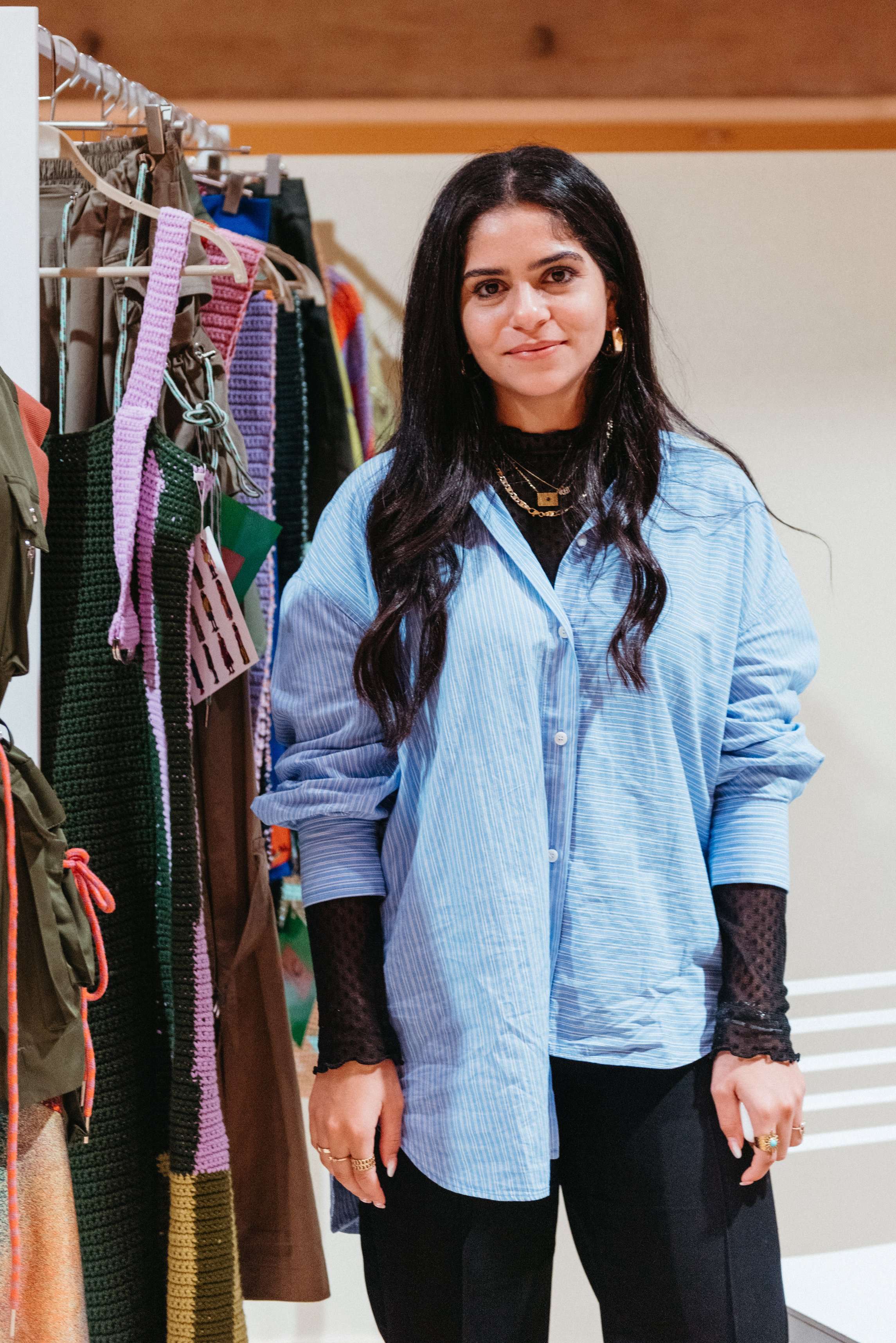
Presenting for the first time at Premiere Classe, Amina Galal represents a new generation of Arab designers who blend tradition and modernity with a personal, emotional touch.

For Thaïs Roblowski, fashion is a true calling, and after studying design and pattern-making at the Chambre Syndicale and interning at Thom Browne in New York and Mugler, she became a stylist at Cacharel and Alzaro.
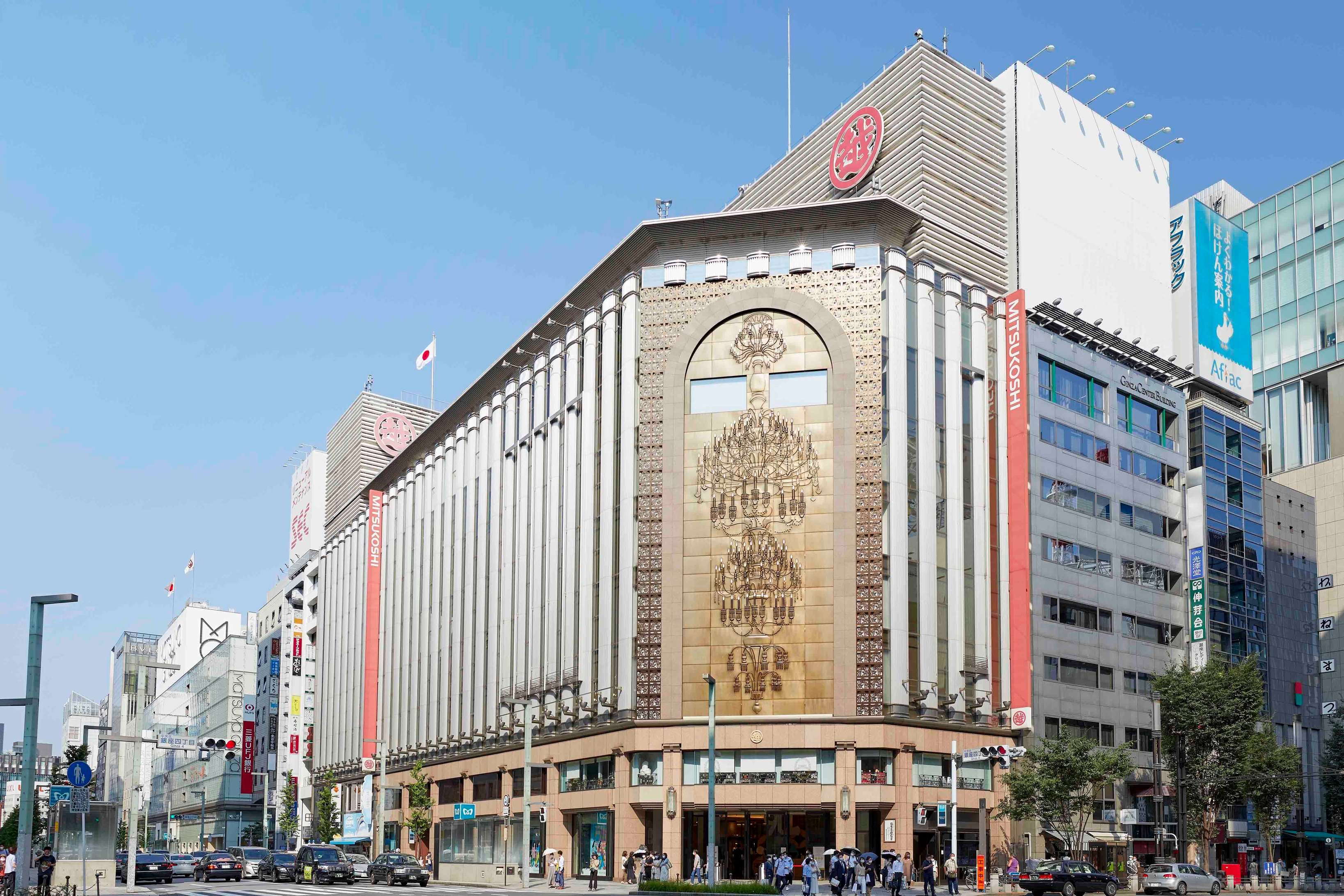
The Parisian eye of Japanese department store Isetan Mitsukoshi tells us about her latest Who’s Next fashion crushes.
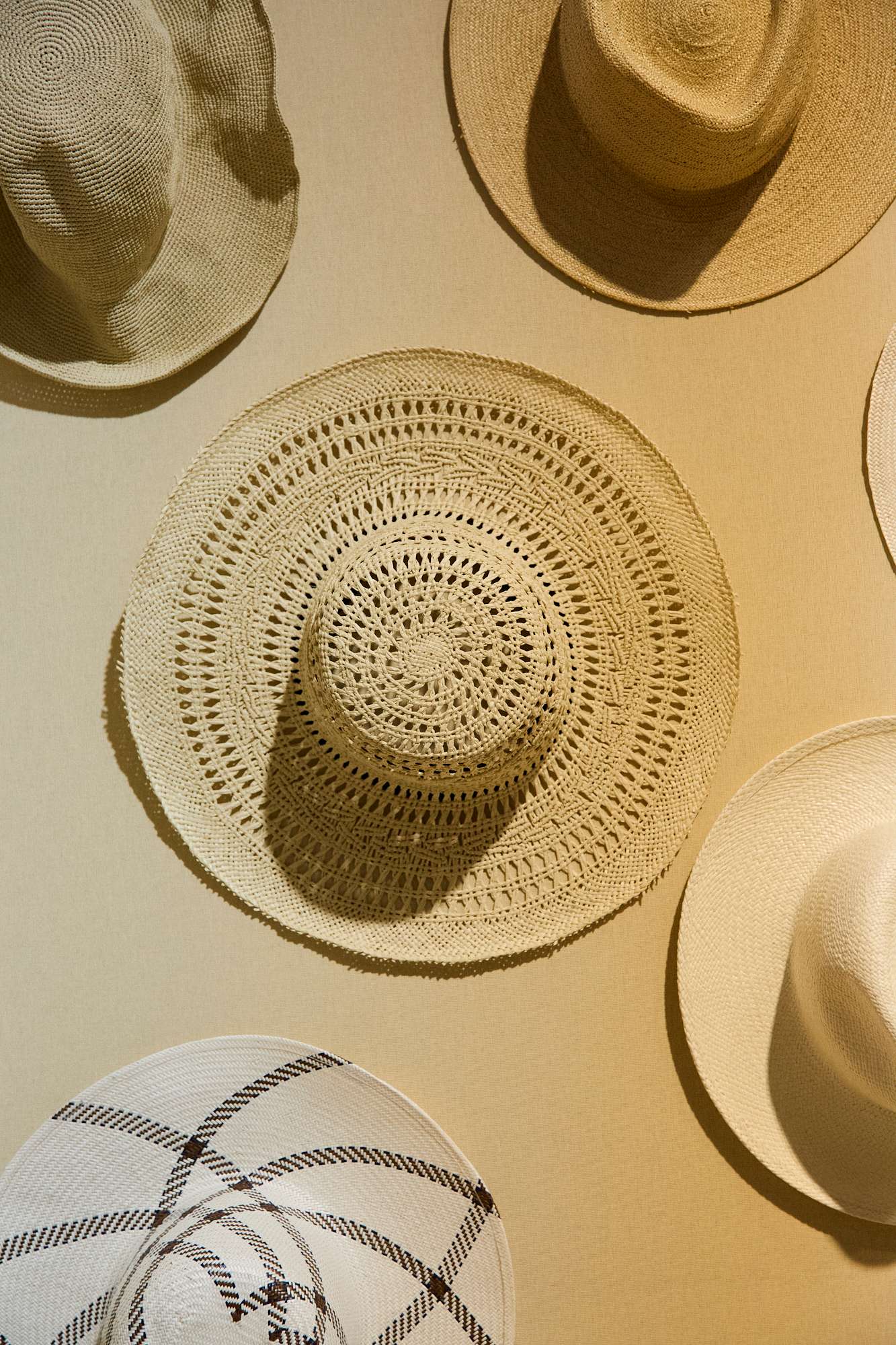
Reinhard Plank (Founder and milliner), originally from Vipiteno (Italy) near the Austrian border, first studied design in Vienna before turning to millinery. "I started with hats in Vienna, and my first classic model was a great success," he says. Drawn to Florence's rich hat-making heritage, Reinhard chose this city to perfect his craft.

At the latest edition of “Who’s Next,” we spoke with Camille Pouvreau and Lucas Bouteille, watch and jewellery buyers for Galeries Lafayette, about the burgeoning men’s jewellery market and the long-lasting nature of trends in the watch sector.
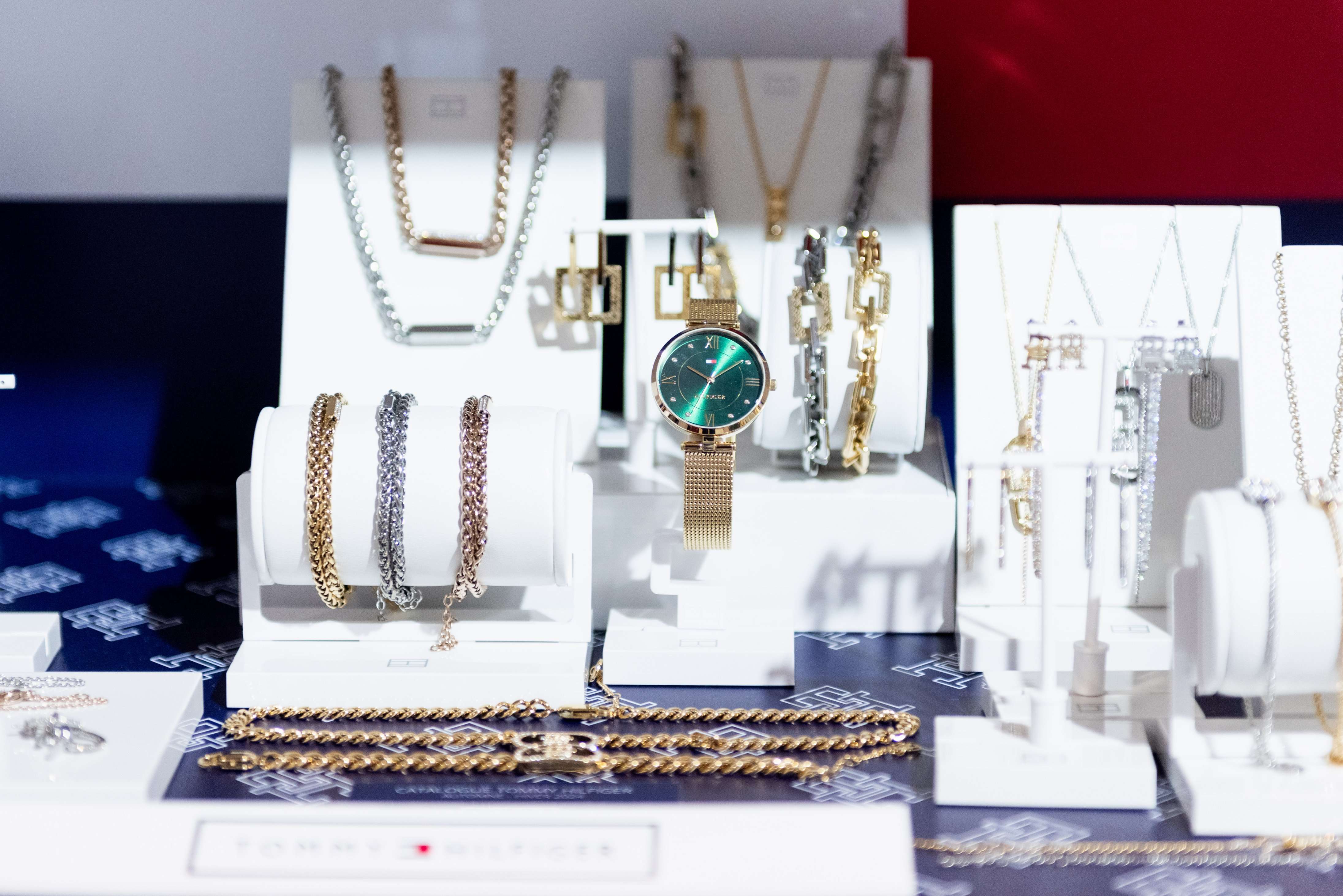
A key player in the watchmaking industry since the 1950s, the American Movado Group initially established itself through the distribution of traditional Swiss brands. Over time, it expanded globally, broadening its portfolio to include contemporary designs and jewellery.
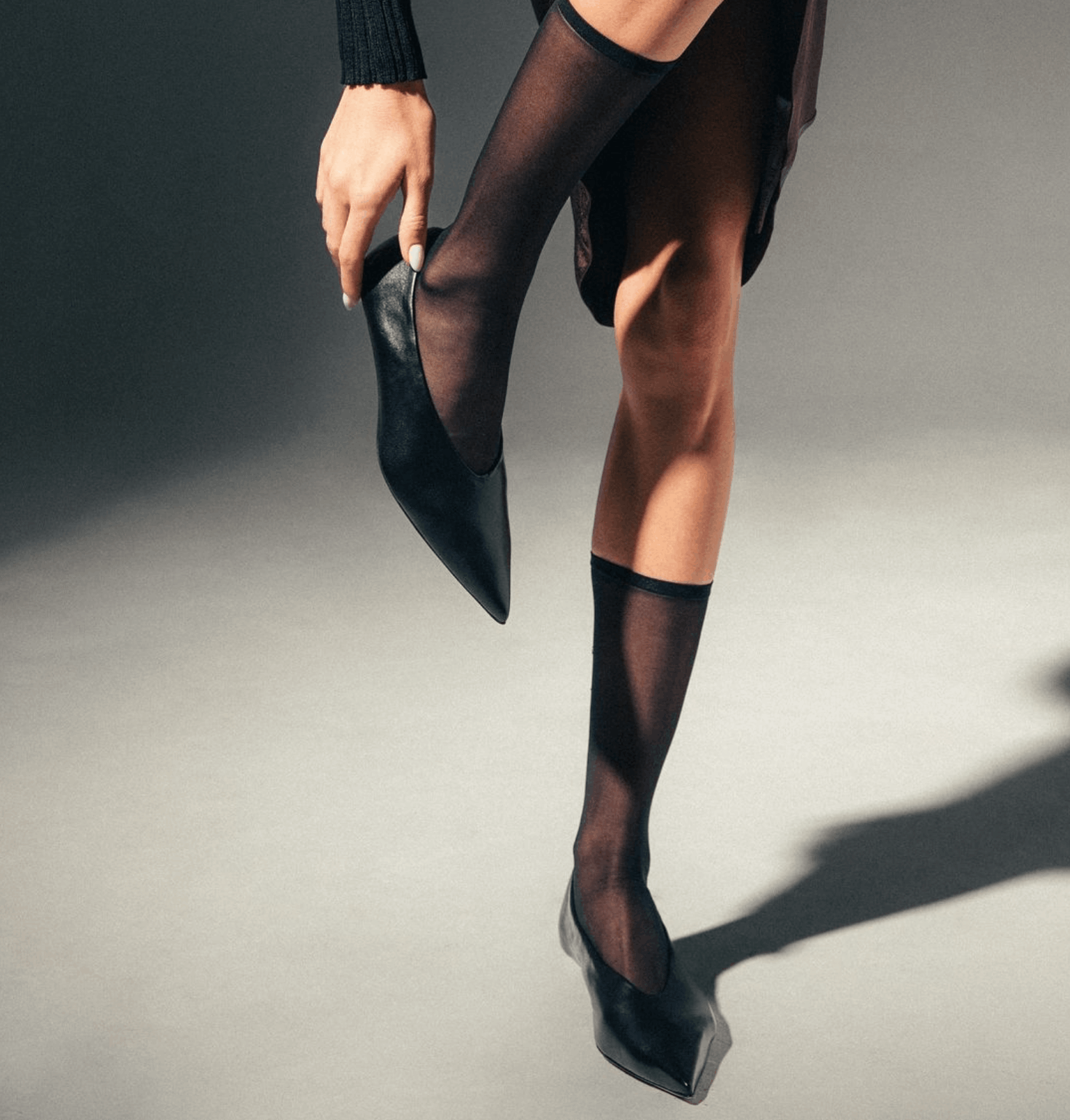
Founded in 1954 by the current owner’s parents, Antonio, the Italian shoe brand Guglielmo Rotta is the perfect example of a family craftsmanship that has evolved while remaining true to its roots. At this edition, the brand presented a collection that perfectly illustrates its commitment to quality, timelessness, and Italian craftsmanship.
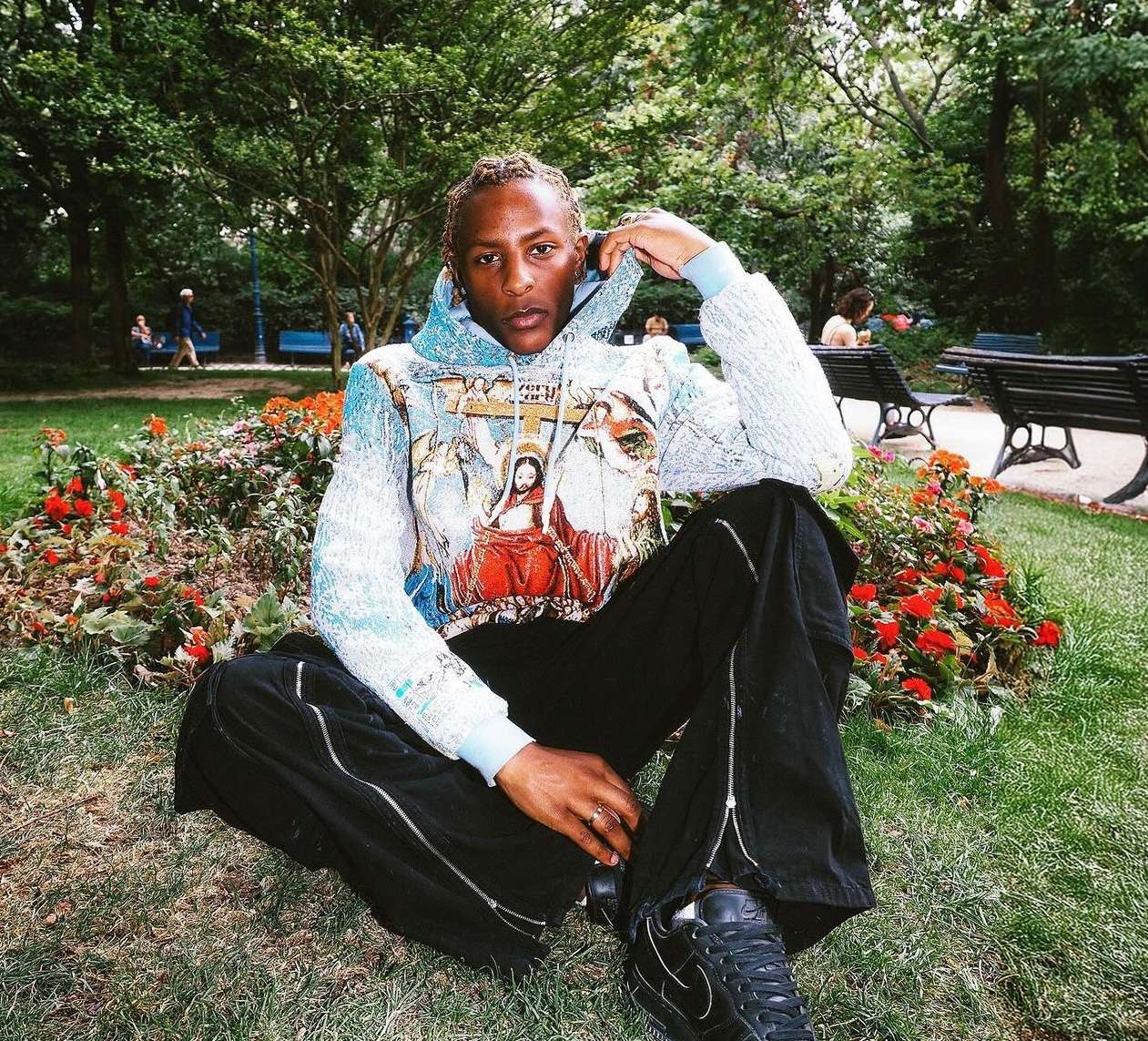
“Streetwear but make it Couture!” Very Rare, a lifestyle and ready-to-wear brand under the direction of Raf Reyes, embodies an avant-garde vision of streetwear through what the designer defines as ‘street couture’. Born during the 2020 health crisis, this family-run brand, founded with his older brother, stands out for its fluid silhouettes, intricate details such as embroidery, flocking, and graphic prints, and strong influences from 90s subcultures.
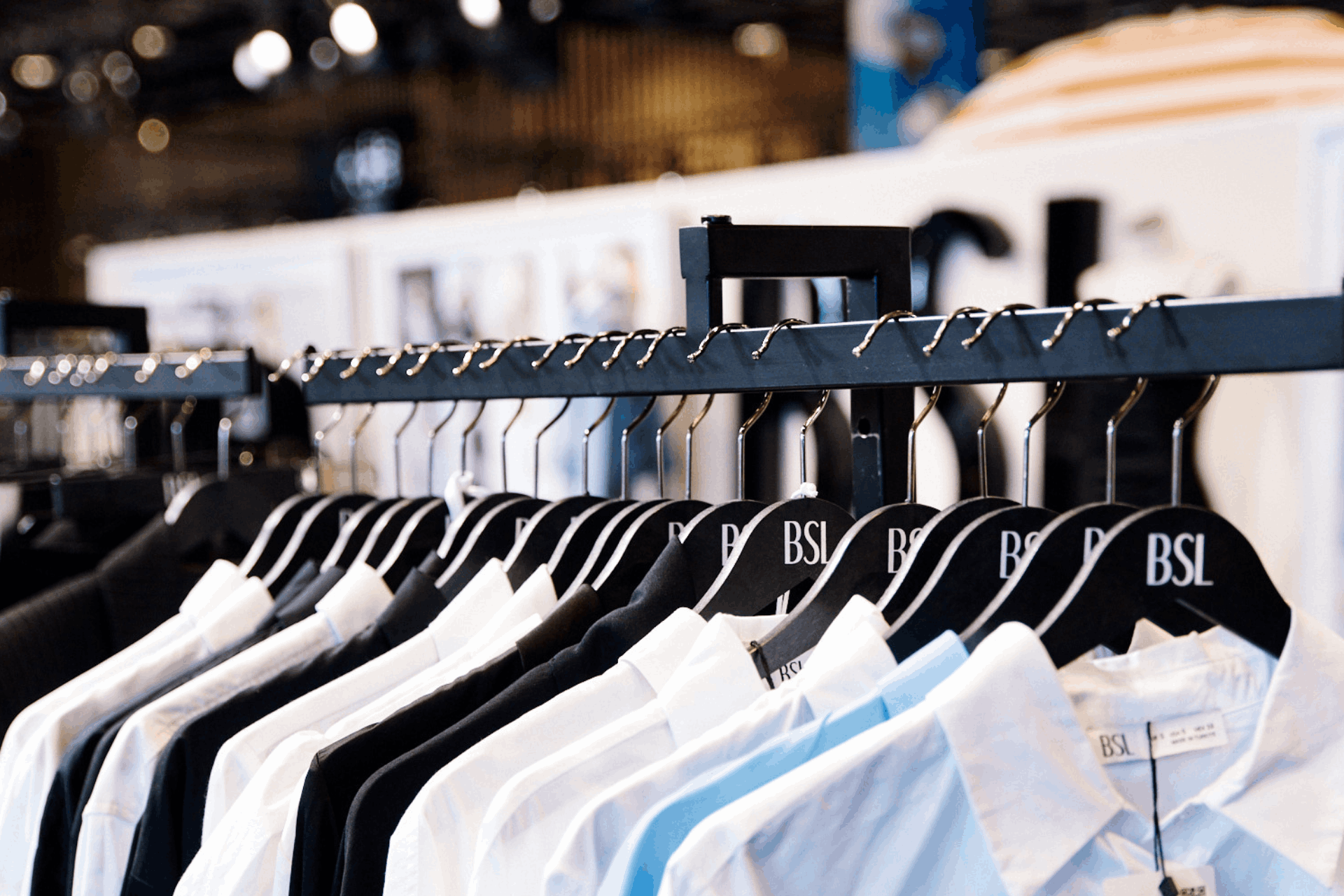
For over 15 years, BSL, a Turkish ready-to-wear brand, has made a name for itself in the fashion market in Turkey, with stores in the country’s major cities such as Istanbul, Izmir, Ankara, and Antalya. Initially focused on its own retail outlets, BSL adopted a new strategy last year: expanding its distribution network across Europe.
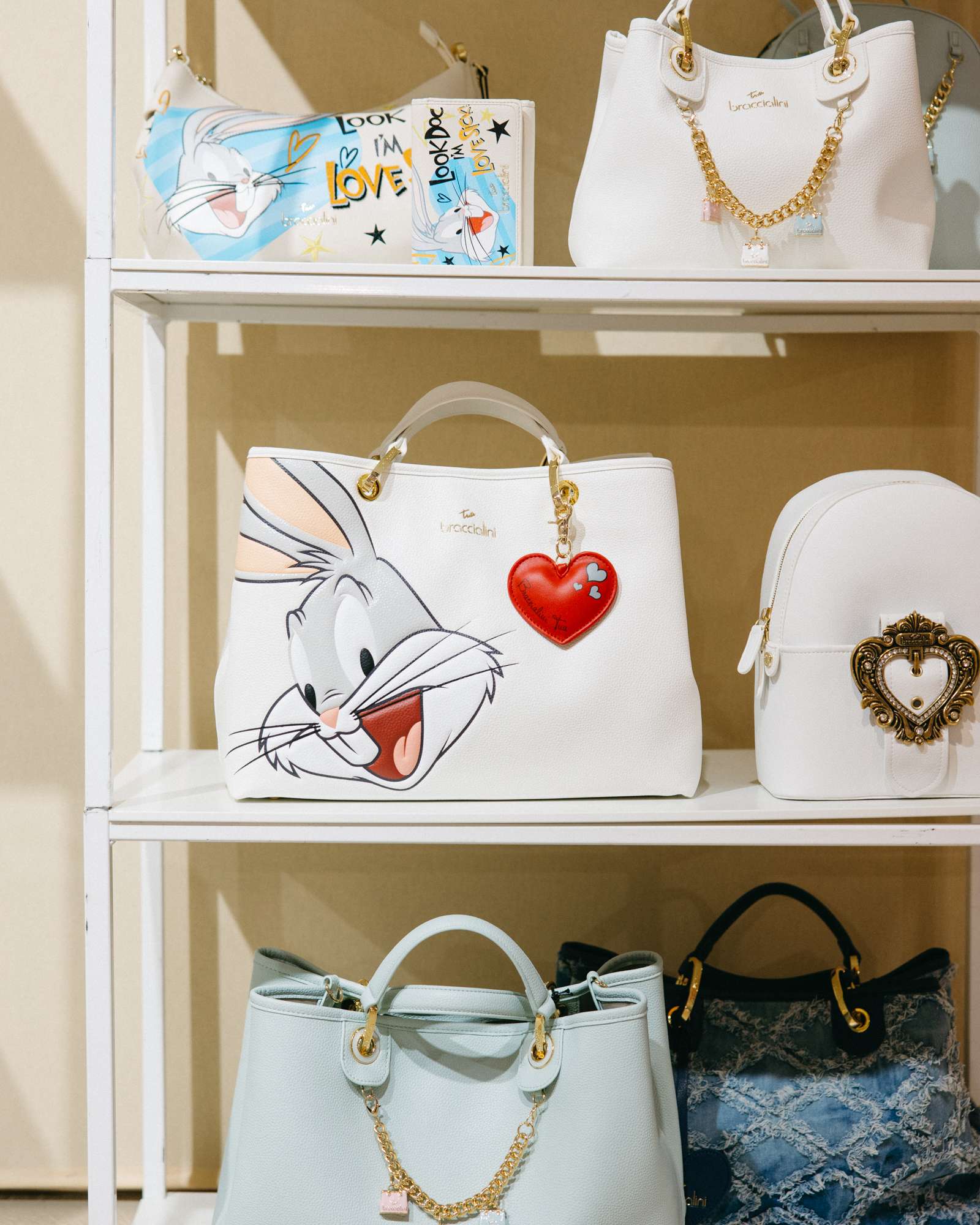
Reinterpreting its heritage Braccialini, the iconic Italian brand from Florence, is celebrating its 70th anniversary this year. "We were born in Florence, and the natural and architectural beauty of Tuscany greatly inspires our creations," shares Daniela, the brand's sales agent.
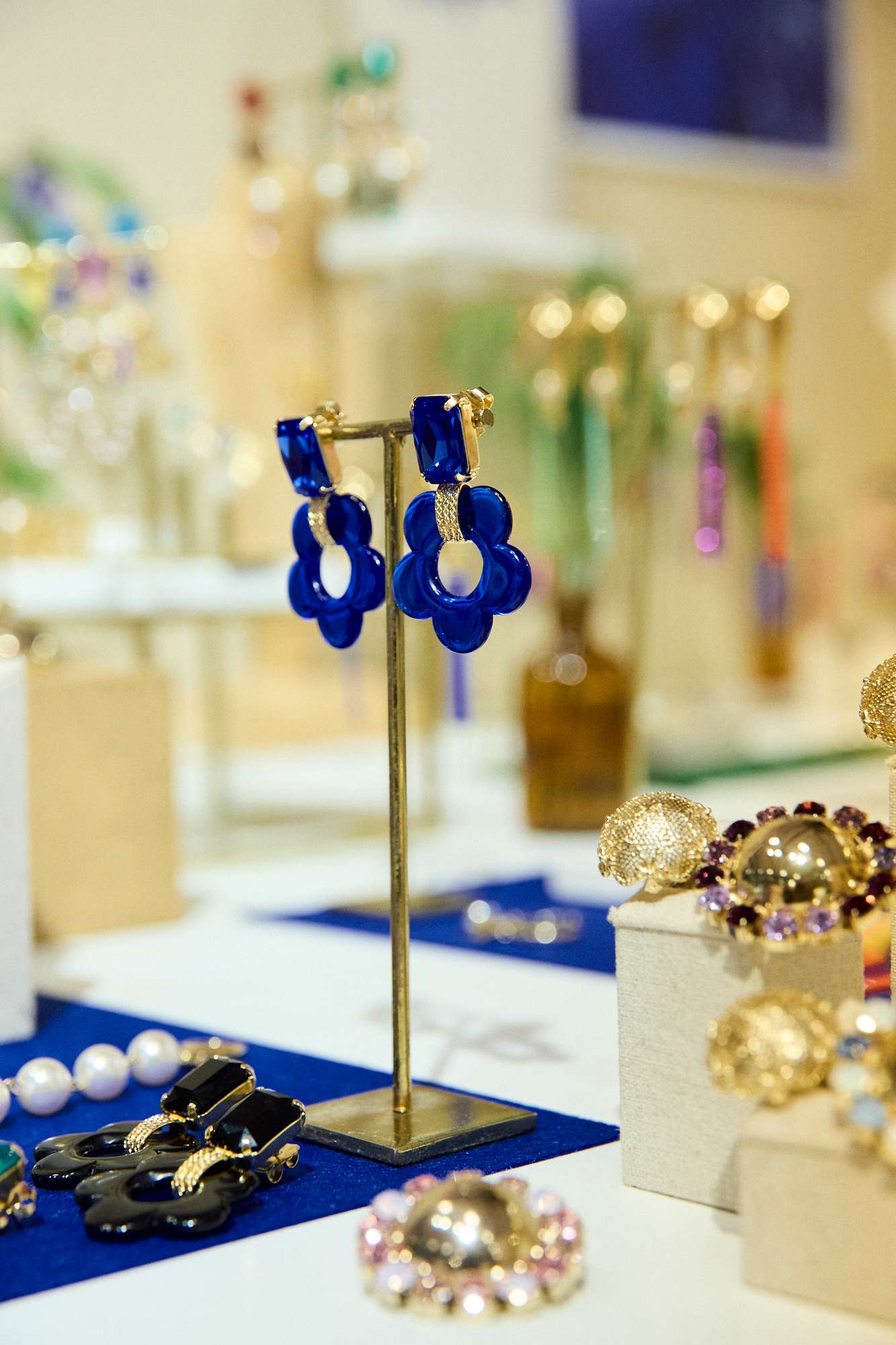
Craftsmanship at the heart of jewellery creation: a self-taught journey and the rise of gatsby soldering workshop Fifteen years ago, Julie Sion made her mark in the world of costume jewellery with a unique and passionate approach. "I stumbled into this profession a bit by chance," she admits. Self-taught, her first steps into creation were through a craft-focused approach, before collaborating with French workshops to ensure ethical and high-quality production for her eponymous brand. These collaborations led her to develop a strong and engaged community, not only around her creative project but also through the human values she upholds in her work.
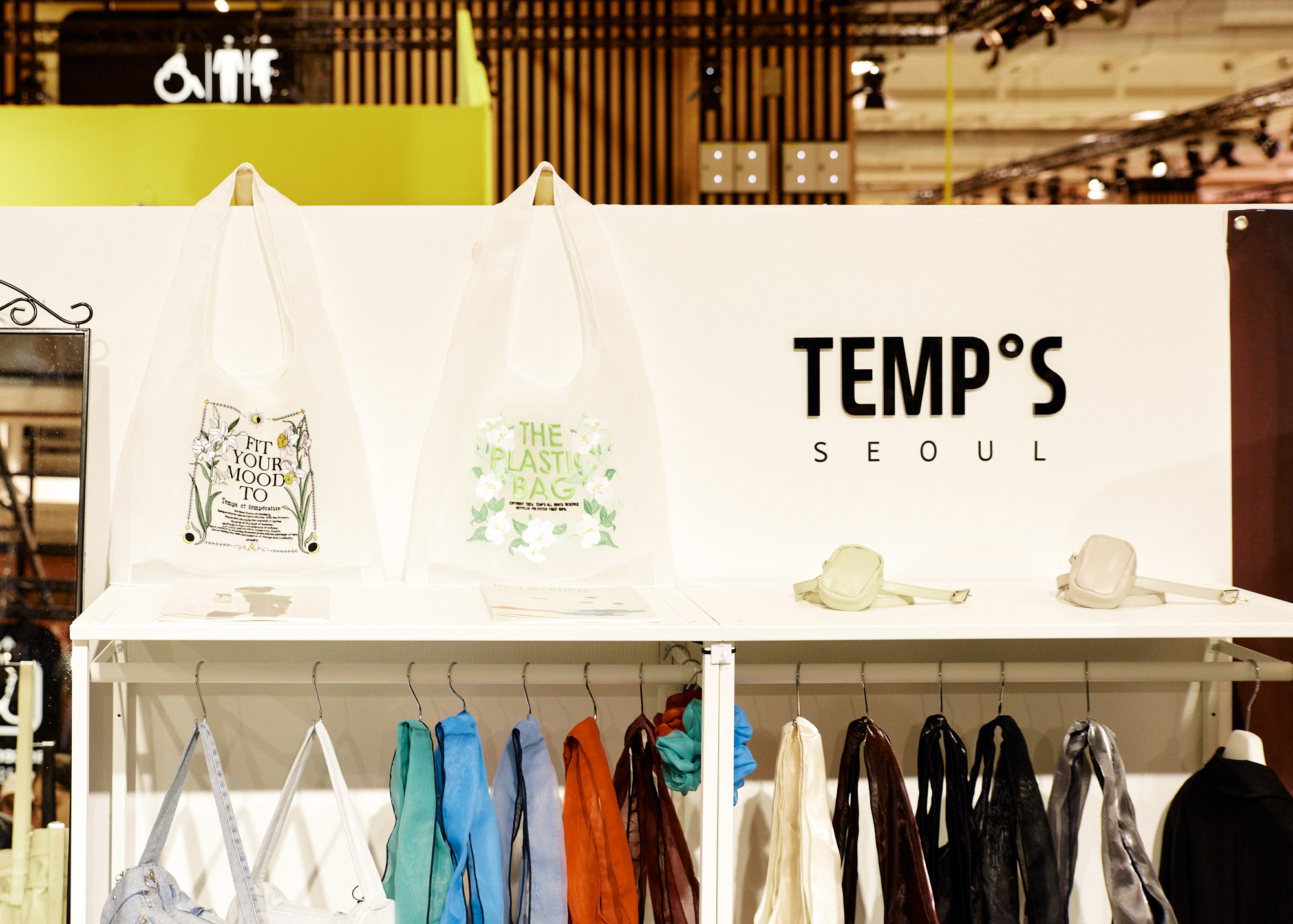
During their debut at Who’s Next, the South Korean brand Temp’s, led by Joanne Jeon Eun-jung, captured attention with its deep commitment to sustainability, combined with a modern and conceptual approach to design.
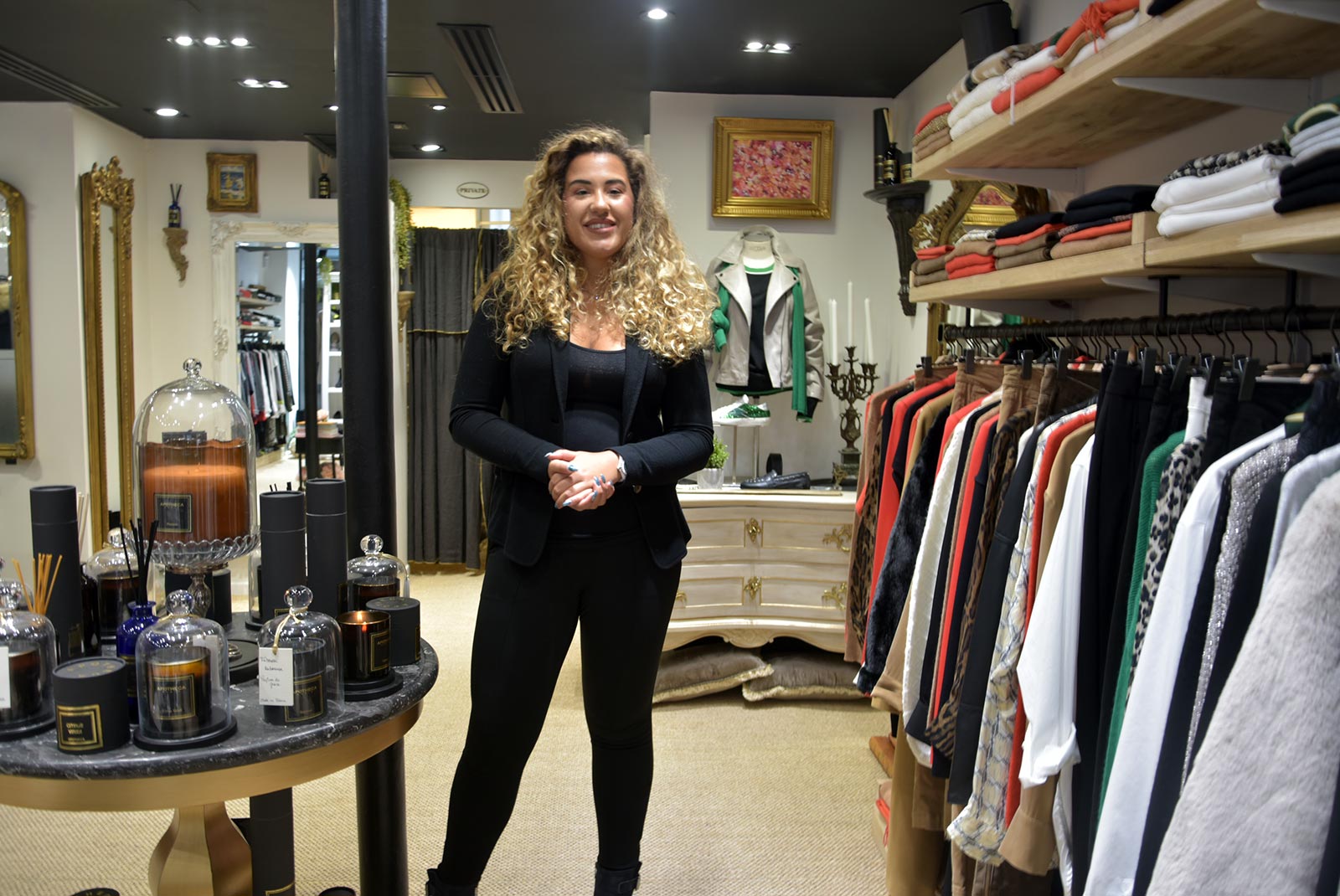
Pamela Kemmat, the influencer and founder of the Pamela Rouen boutique, and her mother Nadège Thevenon, founder of the Paloma Rouen boutique, share their thoughts on “Who’s Next,” an event they regard as the beating heart of the fashion industry.
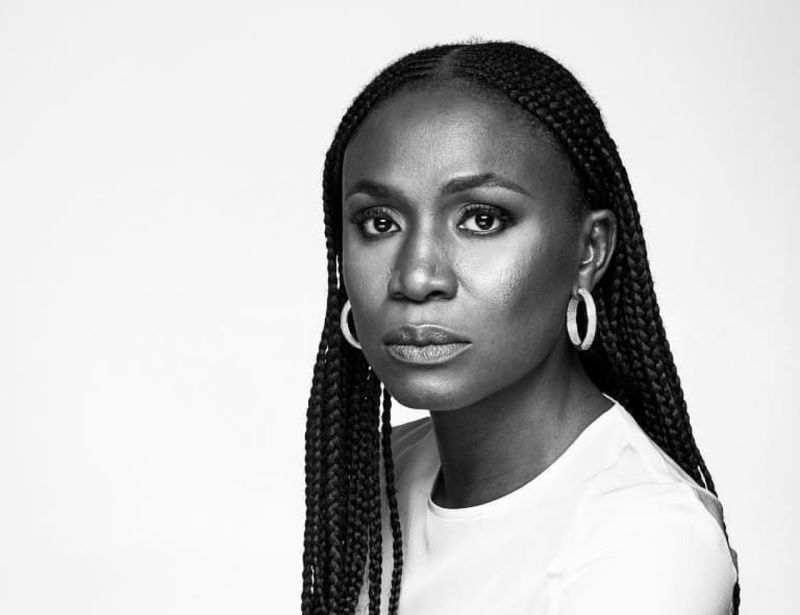
Meet Abasiekeme Ukanireh, the visionary founder and artistic director of Eki Kere, a Nigerian brand that has captivated audiences with its unique creations, showcasing vibrant raffia-based designs.

Who's Next? The great thing about the initial chaos of Who's Next is that it has lasted.
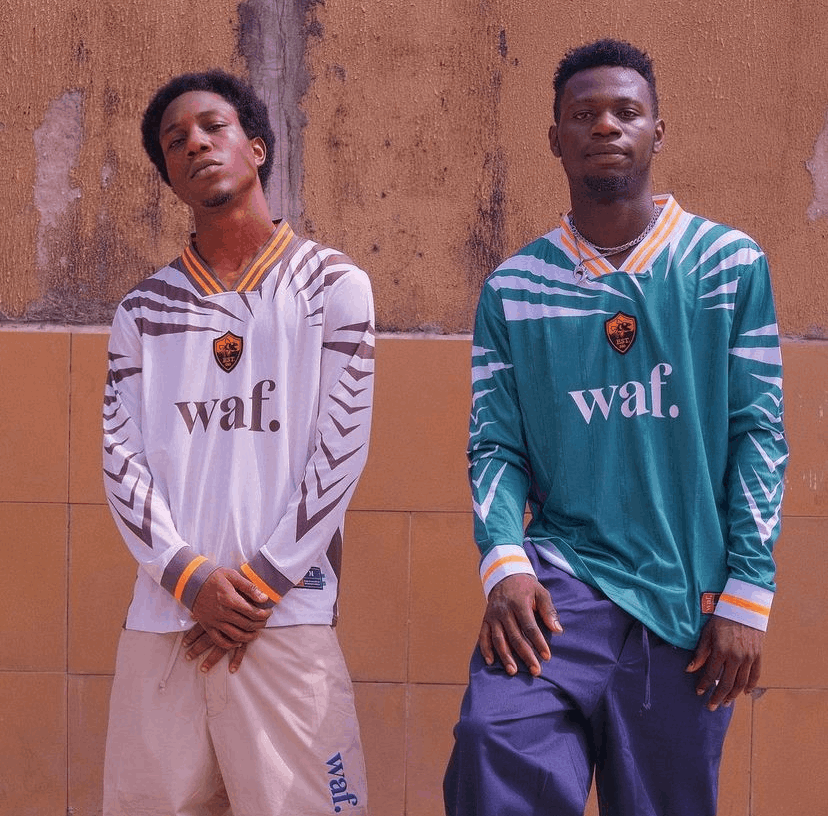
Street Culture resonates with the complexity of a city’s soul. The people, as a community, are those who define and codify its intricacies. Lifestyle, Fashion, Art and Music intertwine through the cosmopolitan blend that characterizes the singularity of a city’s vibe and energy.

Since its inception in 2019, La Mode Européenne (LME) has stood out for its innovative and transformative approach to the fashion industry. By creating solidarity shops in Congo-Brazzaville and Cape Verde, stocked through donation boxes for clothing and accessories circulated in France and Europe, La Mode Européenne is committed to social and professional reintegration and creating local employment.
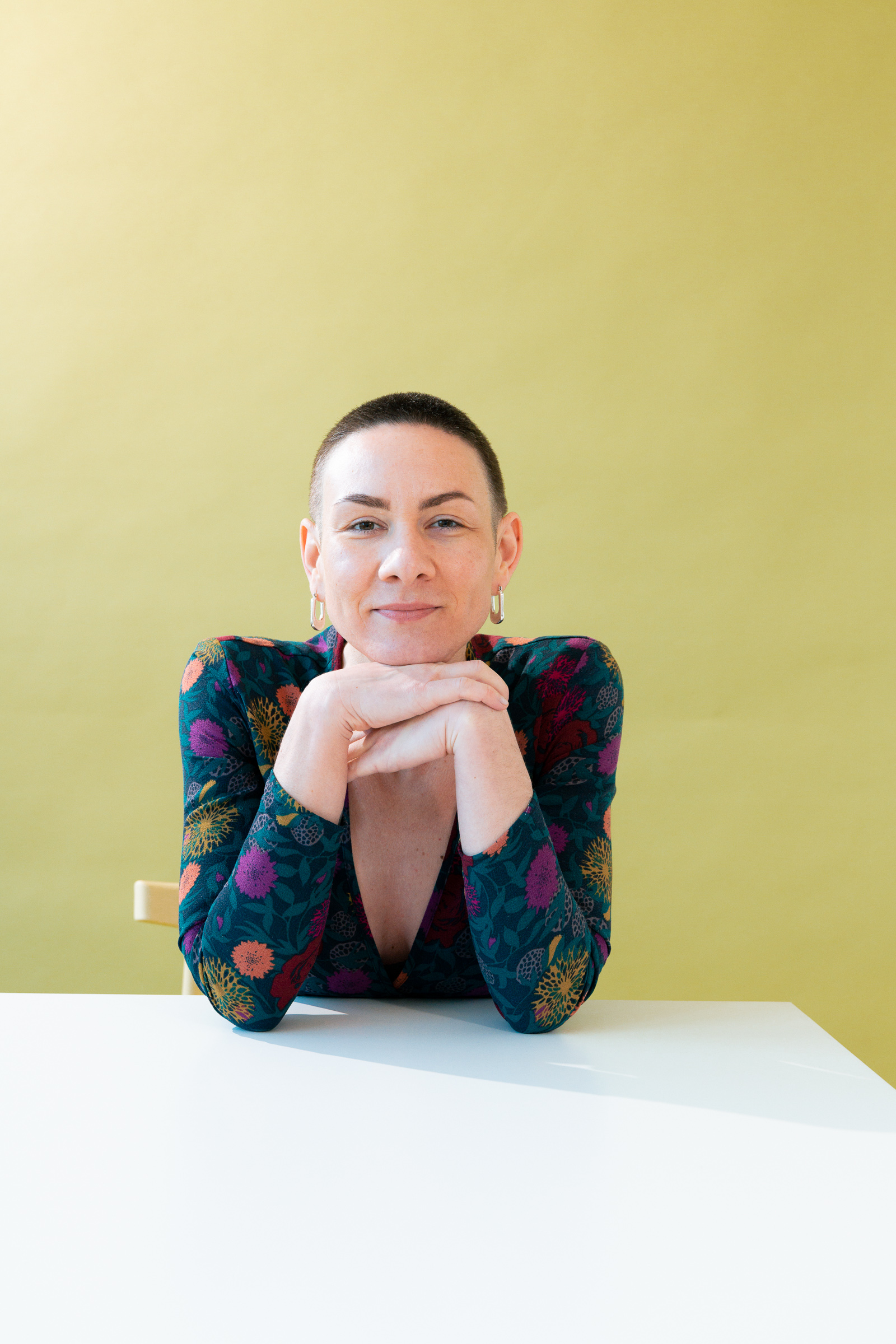
Lavinia Muth, an economist specialising in business ethics for actors of the fashion landscape, has dedicated 15 years to advancing social and ecological standards in the textile and creative industries. Her work as an external auditor, inspector, and investigator, in collaboration with Messe Frankfurt’s trade shows for instance, underscores her commitment to fighting against “corporate sustainability” and “green-washing”.

Julien Martinez, founder of the high-end ‘souliers’ brand Souliers Martinez, embodies the perfect fusion of traditional artisanal craftsmanship and contemporary innovation. Combining his deep Spanish roots with his Parisian cultural influences, his company stands out with a unique approach to leather weaving, supported by committed sustainable values and strong ethics.
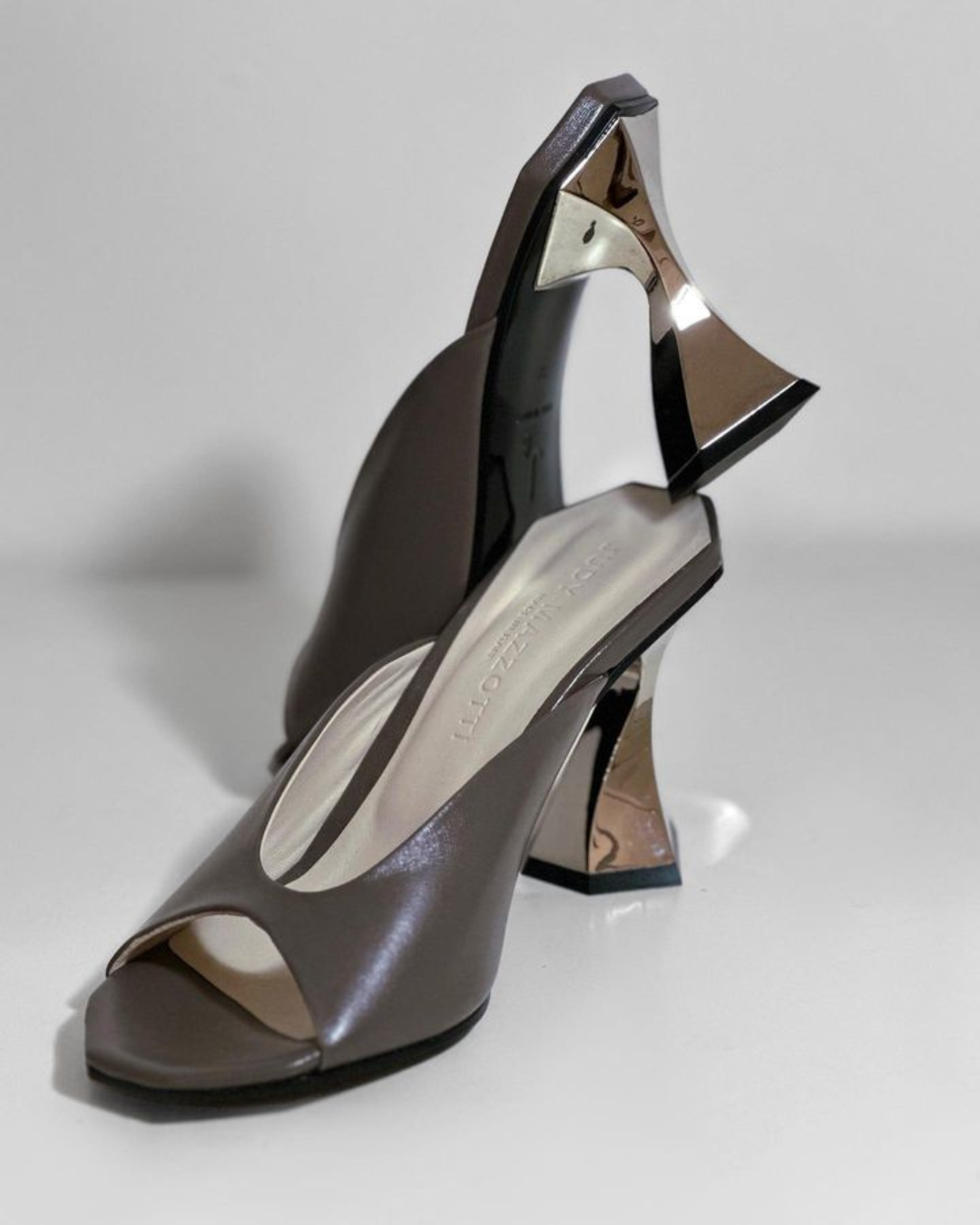
Founded in Rimini from the vision of the eponymous young Italian designer, Judy Mazzotti, Judy created her brand with a focus on the future and research and development centred on innovation and sustainability.
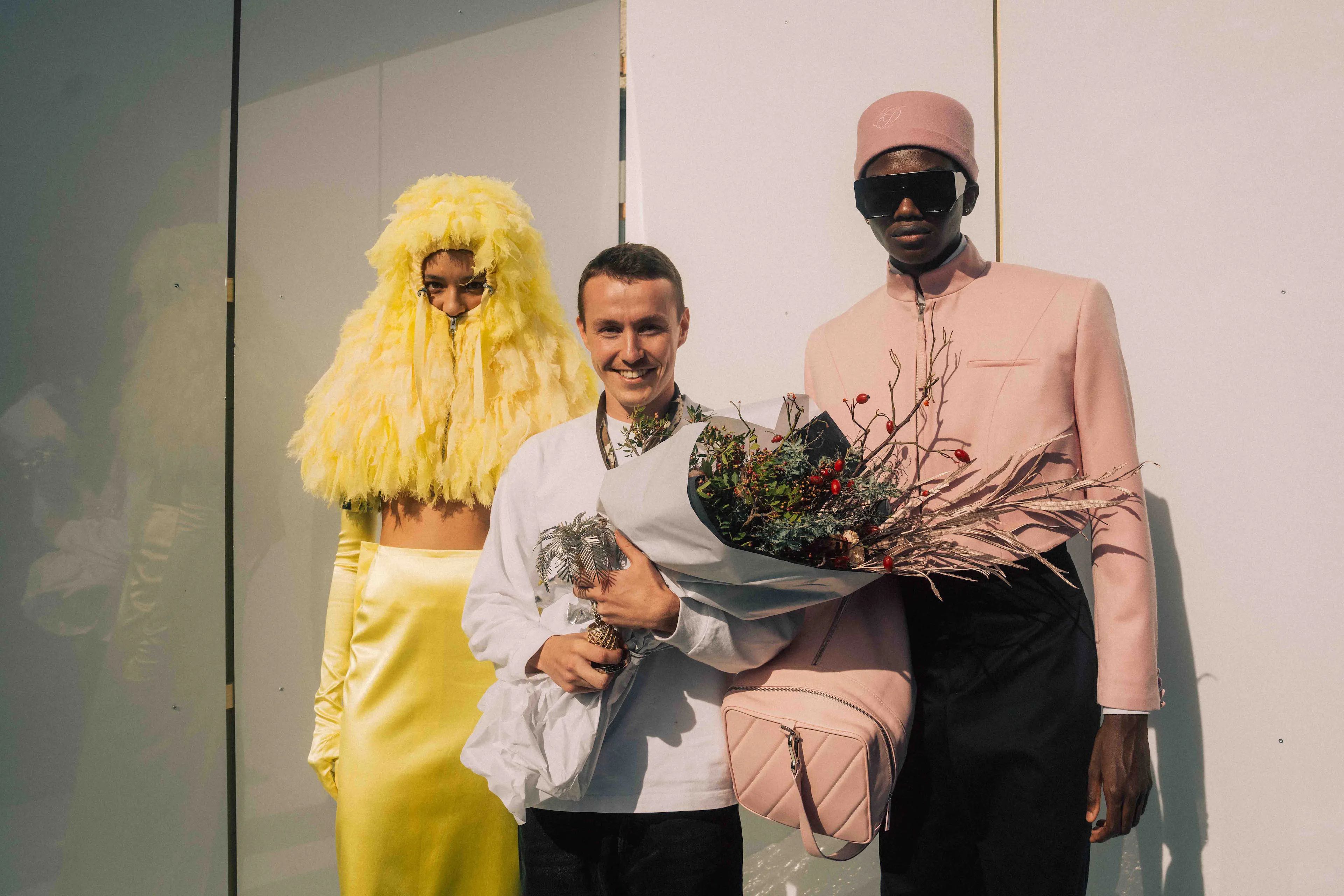
Every year since 1985, Hyères has played host to the Festival de la Mode et de la Photographie.
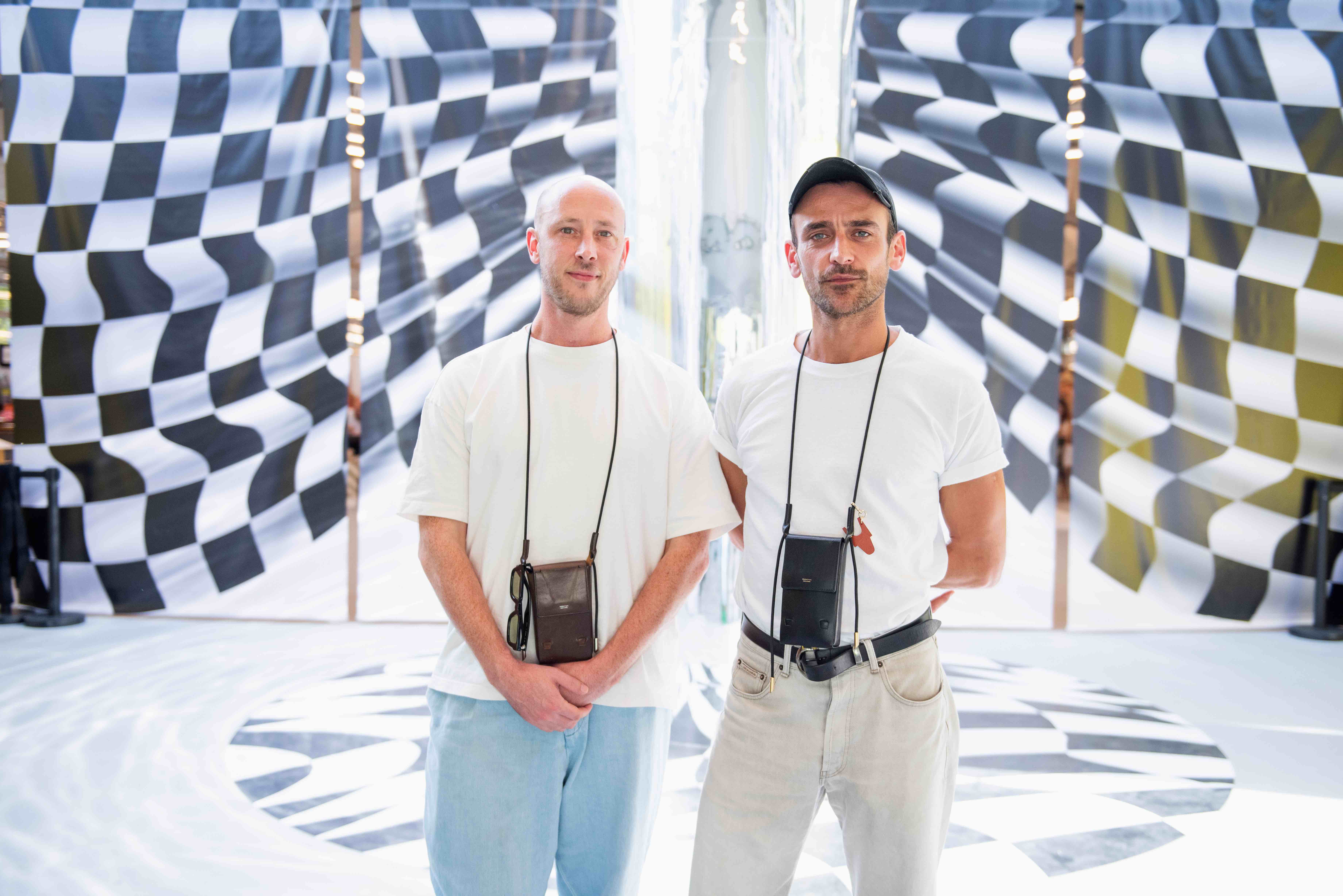
Bastien Beny and Simon Delacour are the creative minds behind the Domestique brand, leather goods accessories made in Paris.
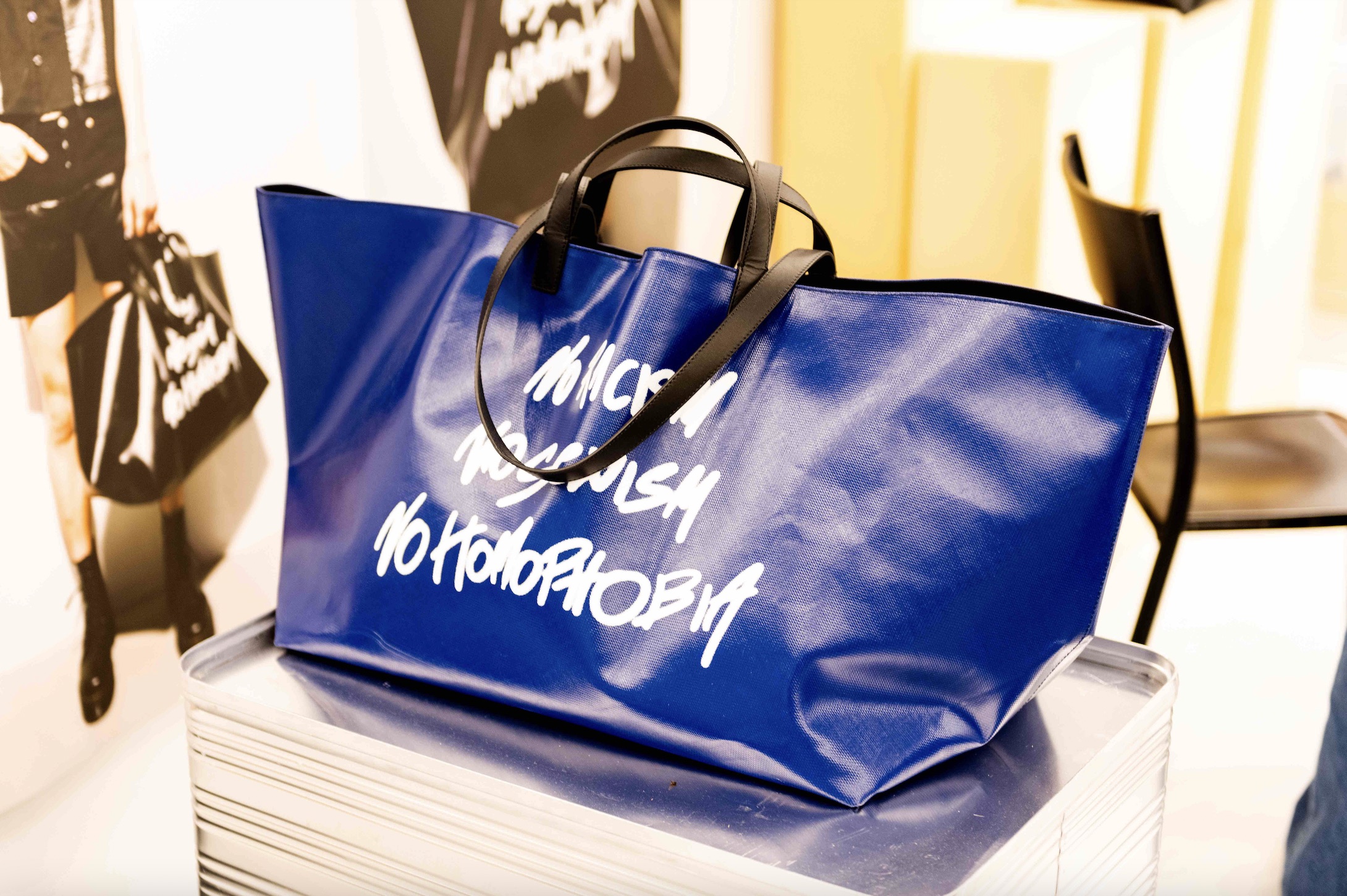
At La Caserne, a sustainable fashion incubator in Paris's 10th arrondissement, Jeanne Friot crafts impactful fashion.